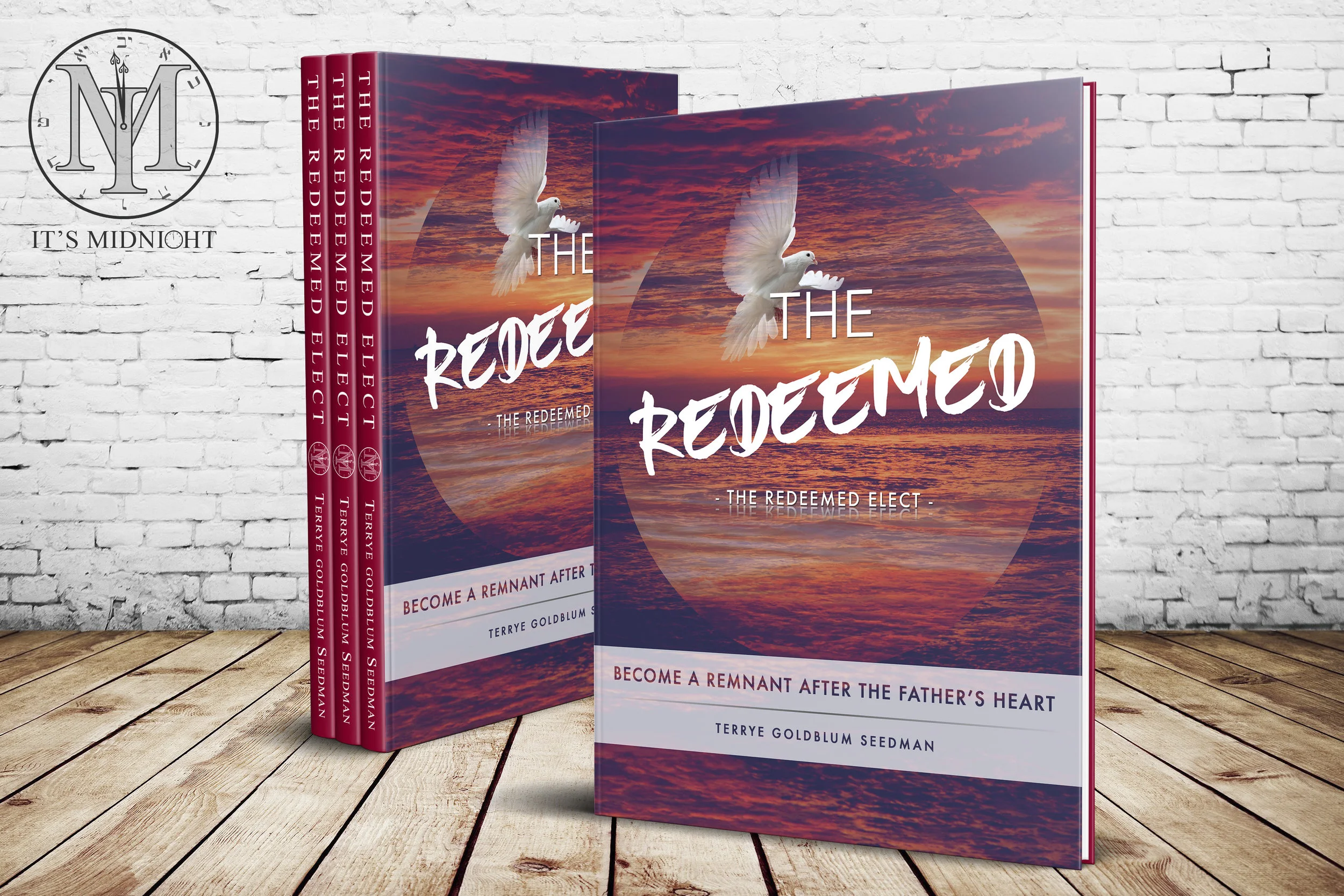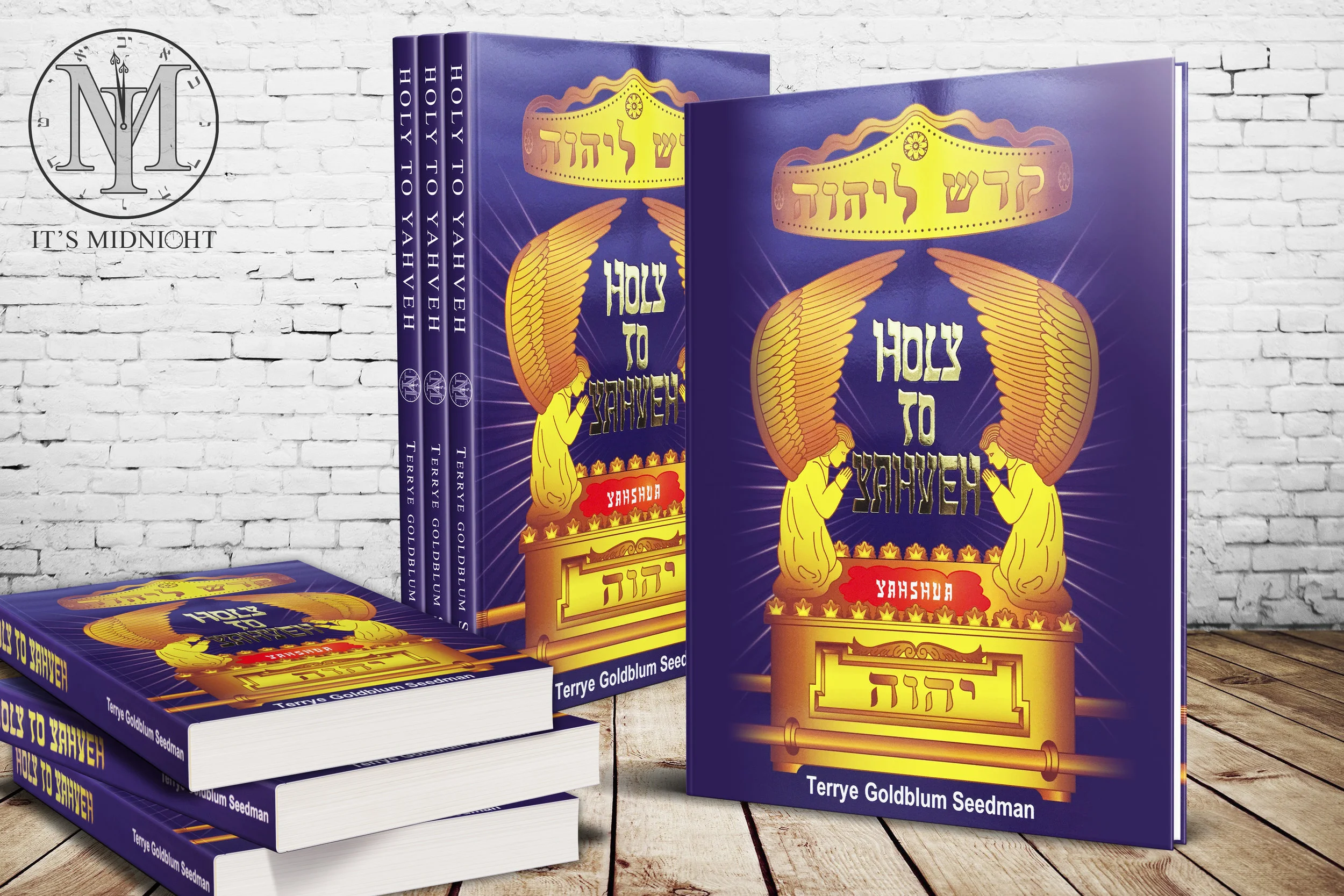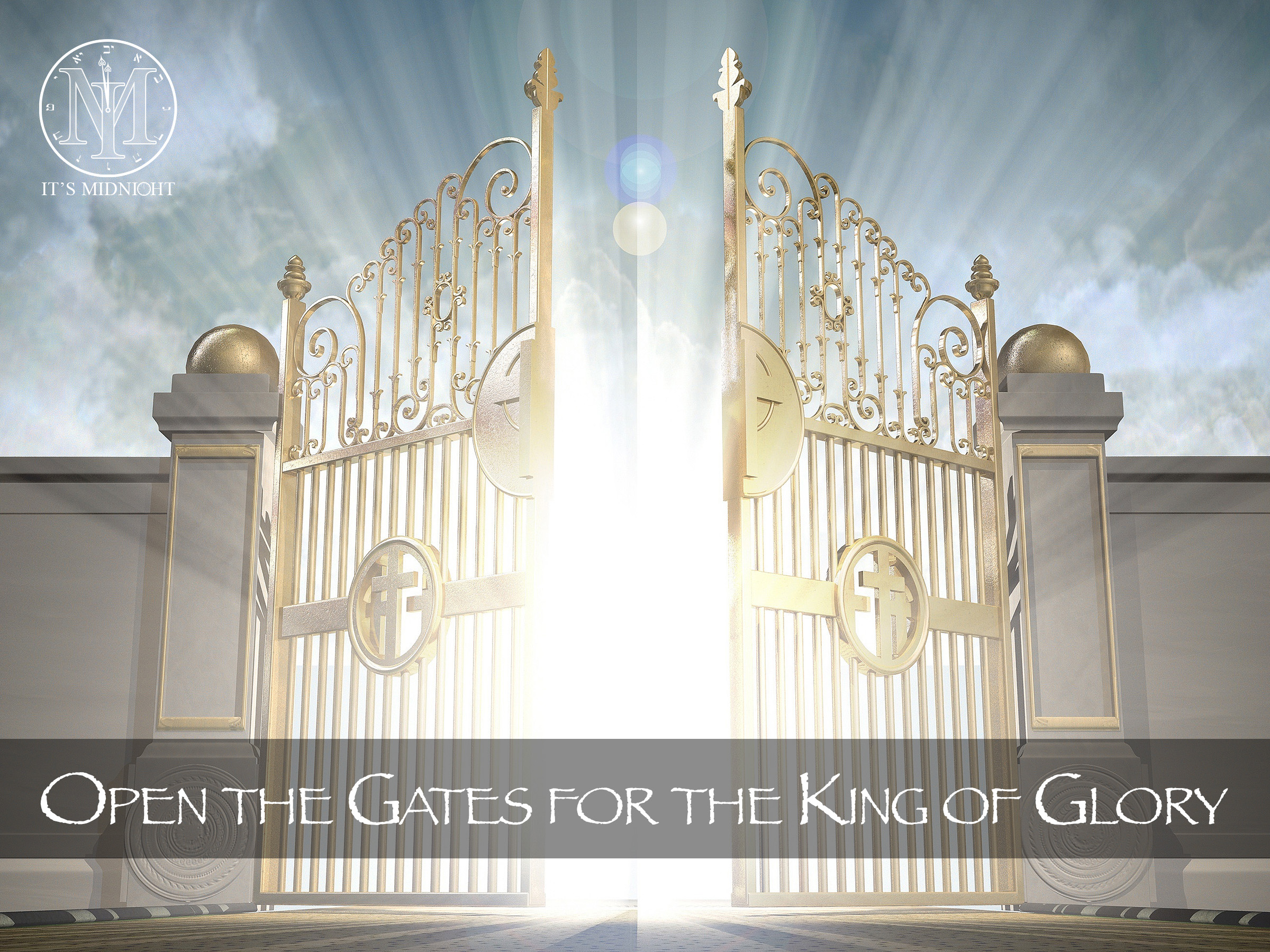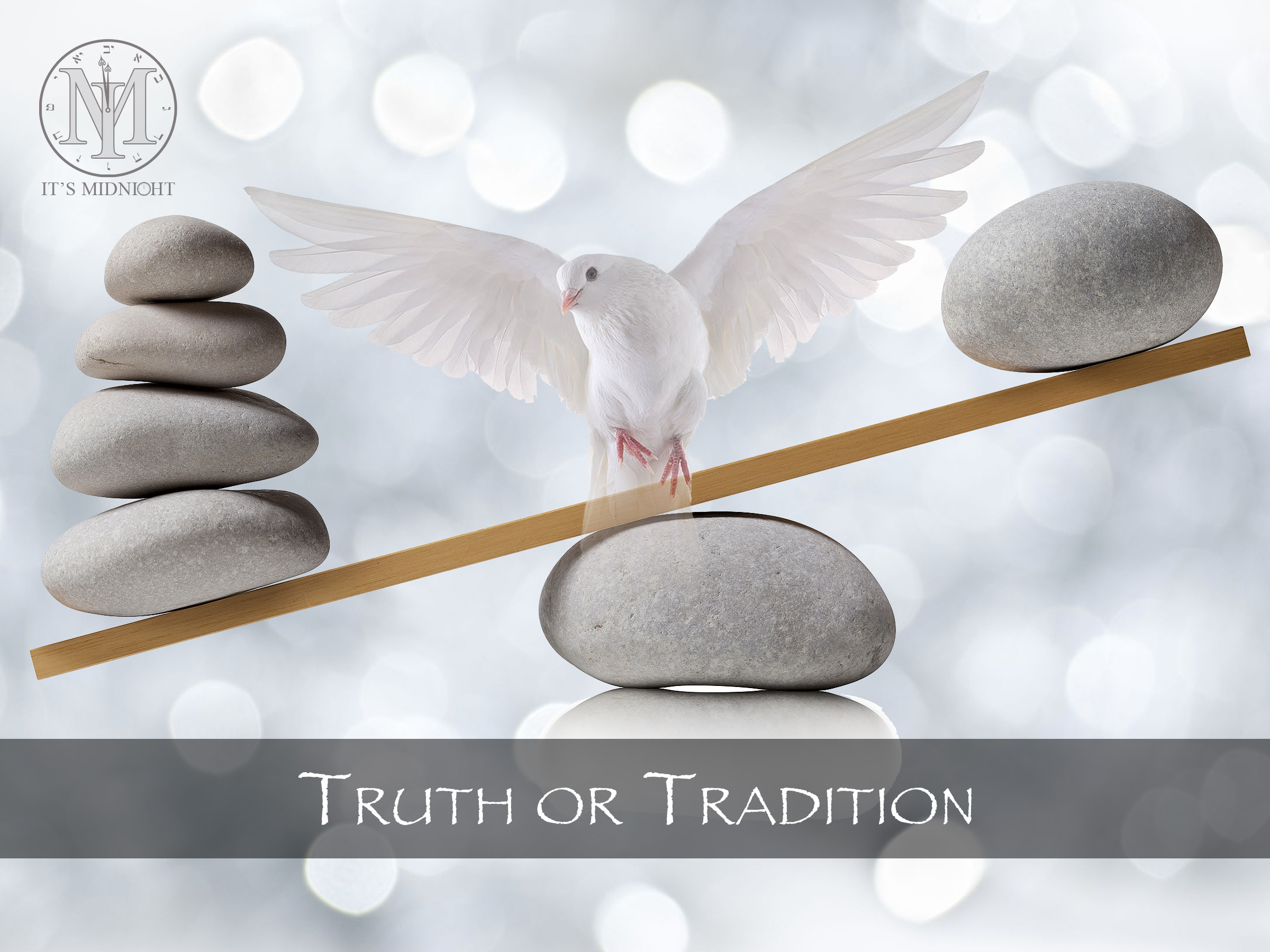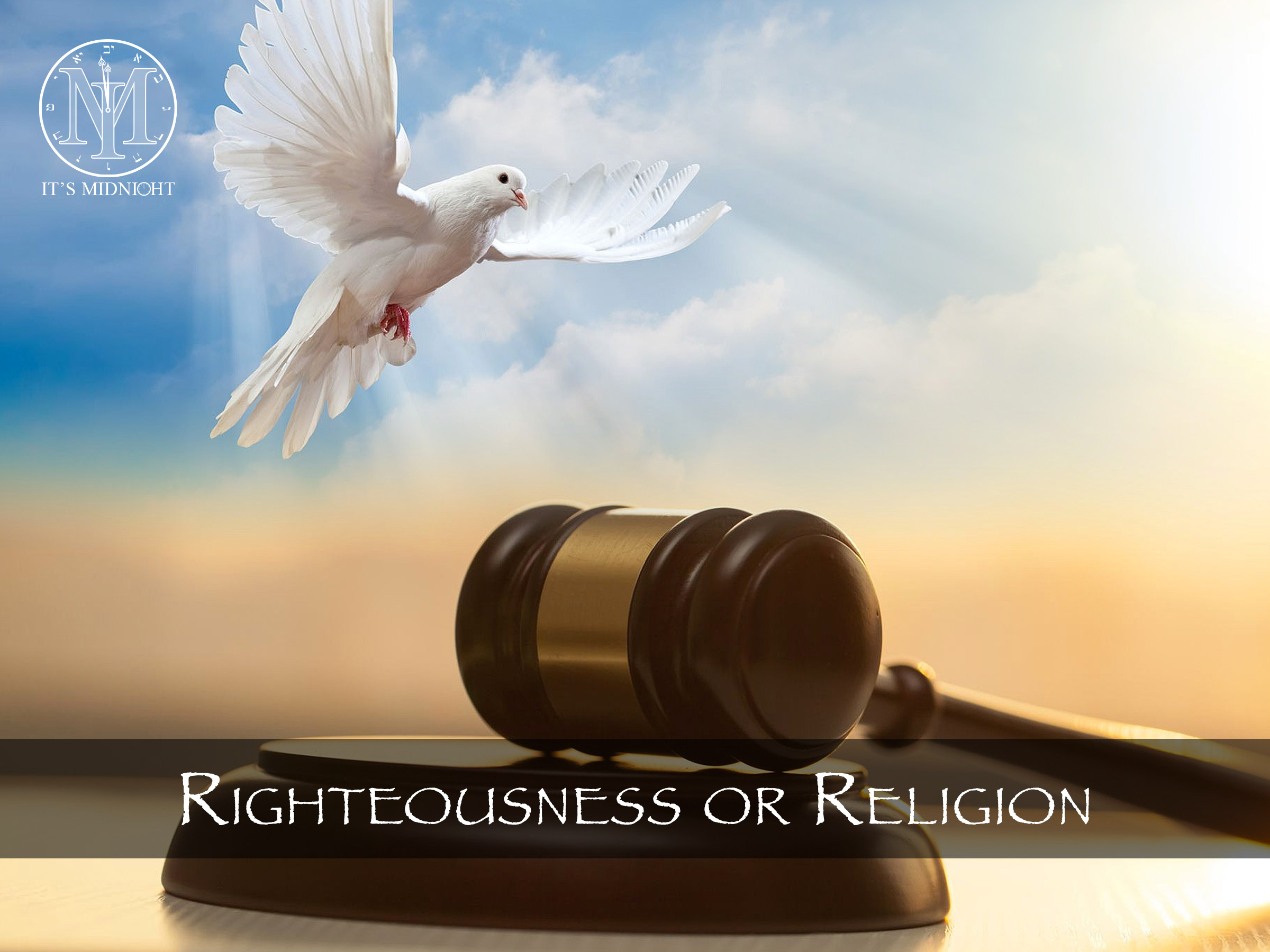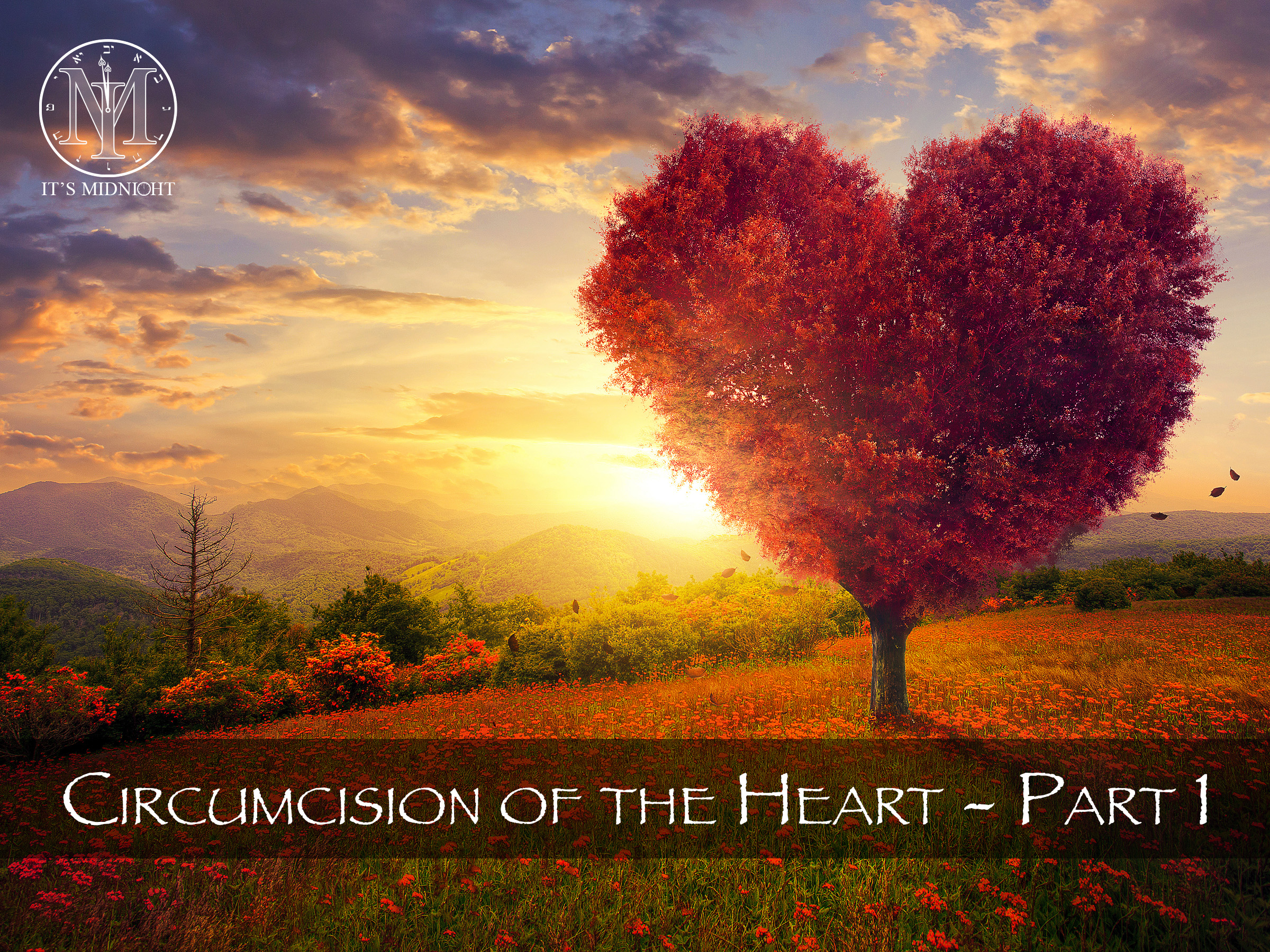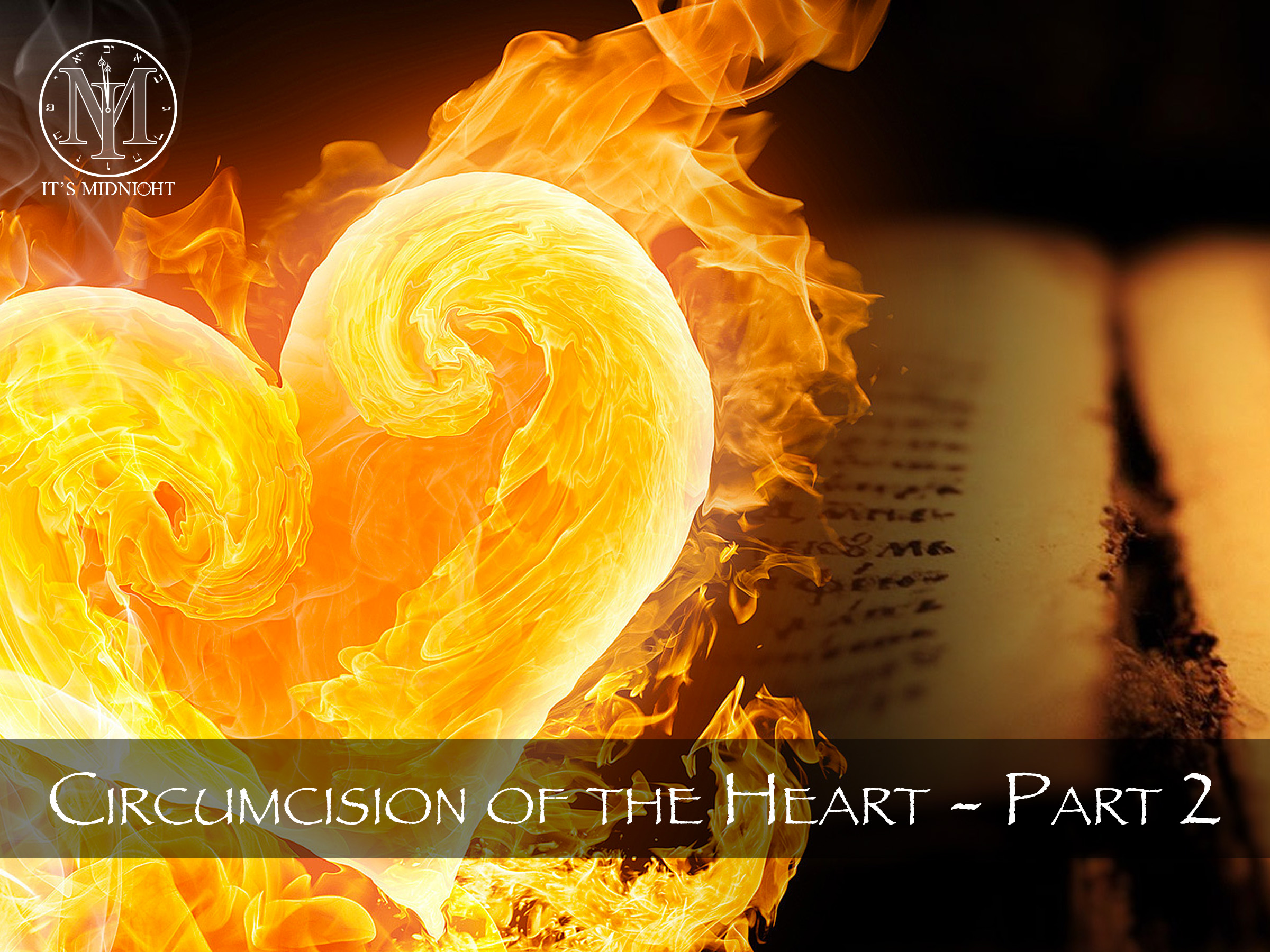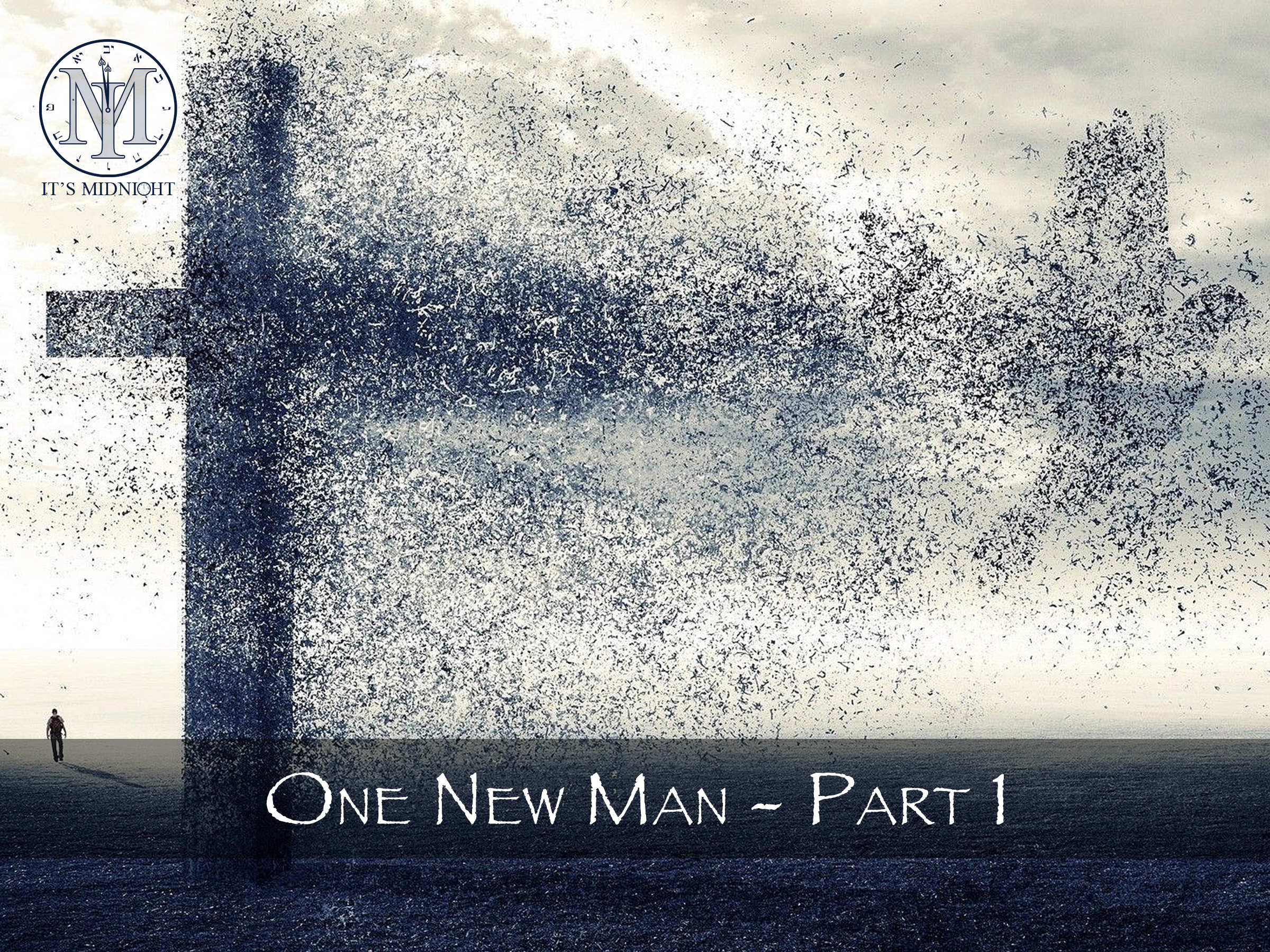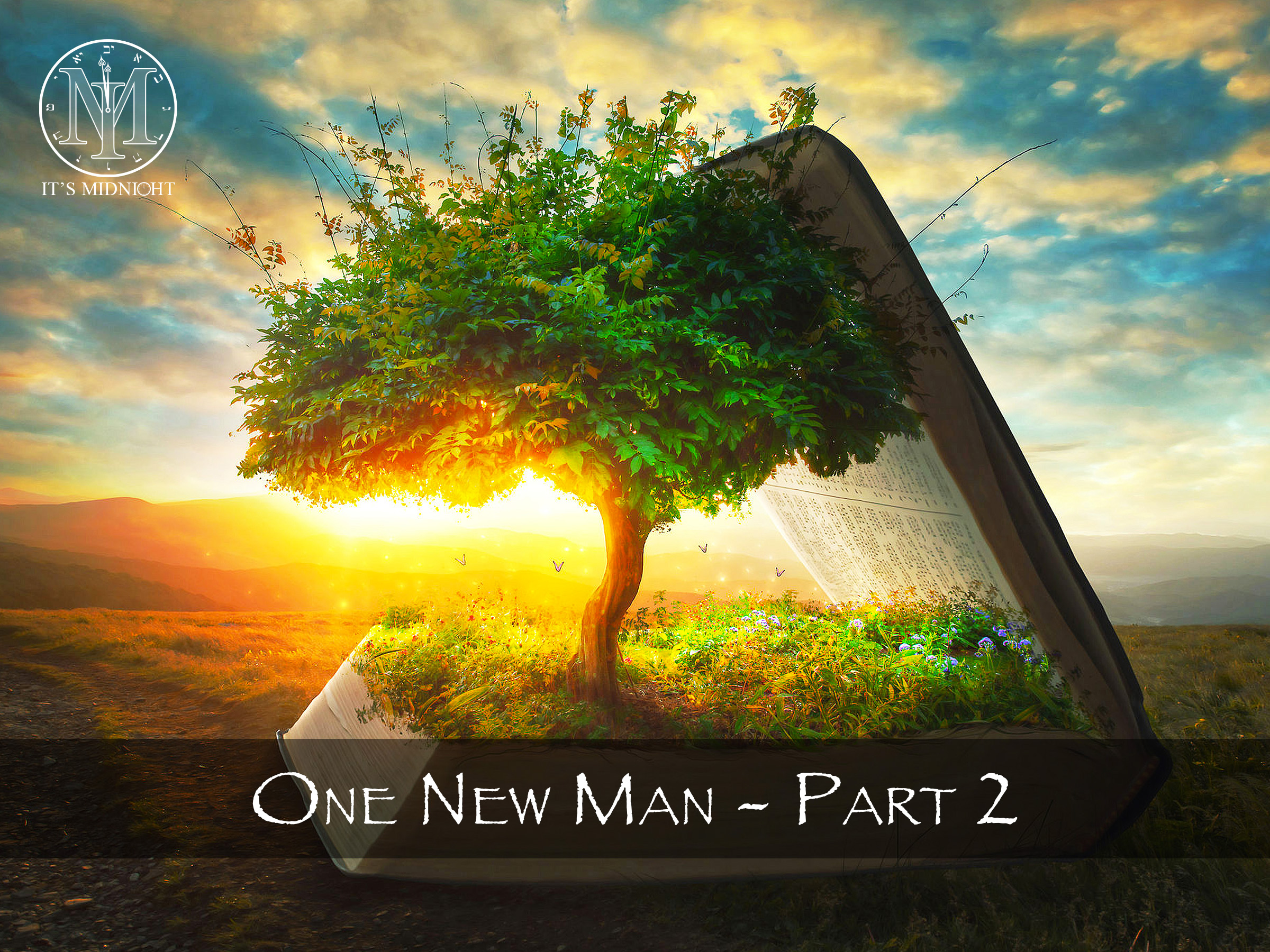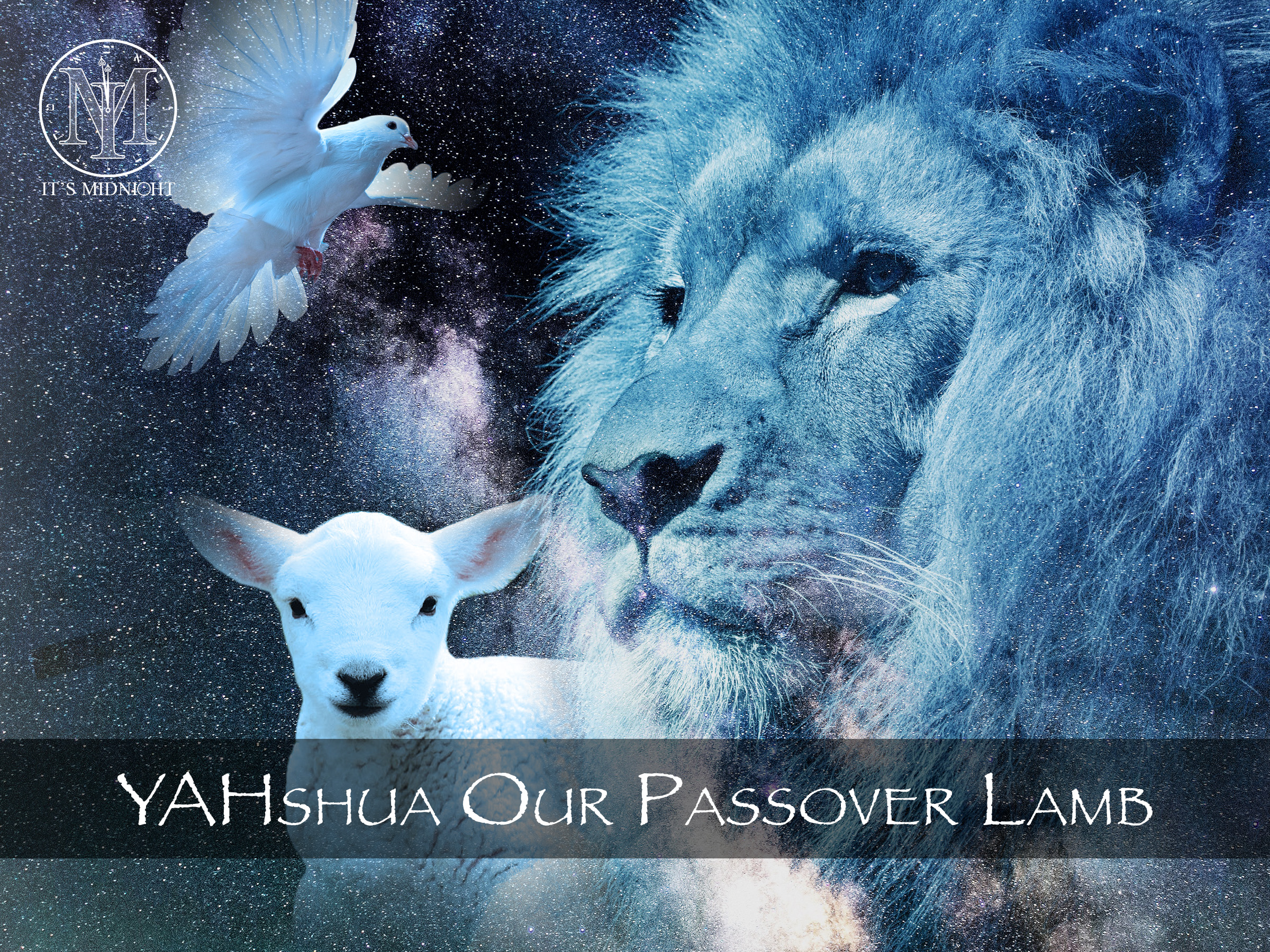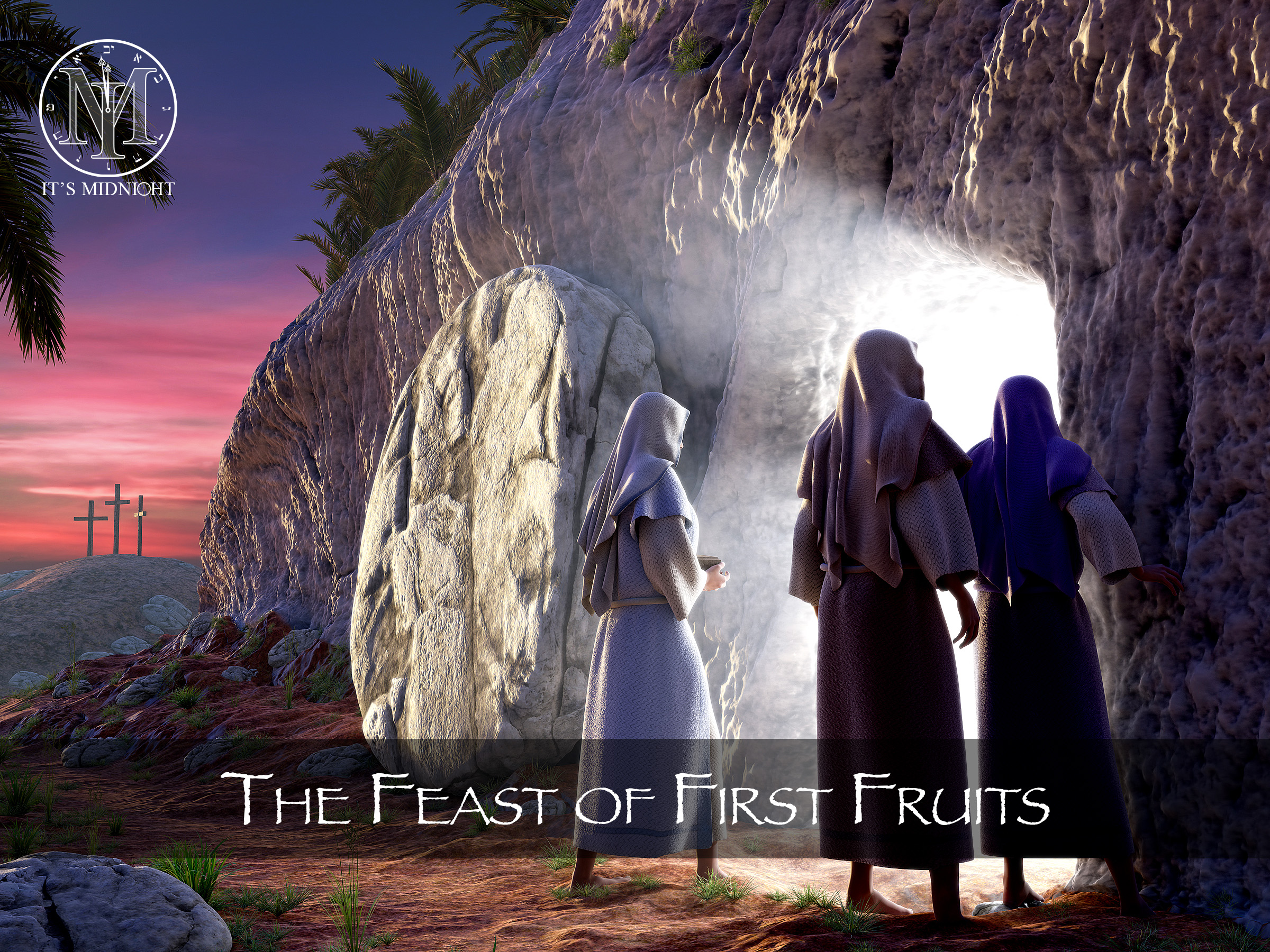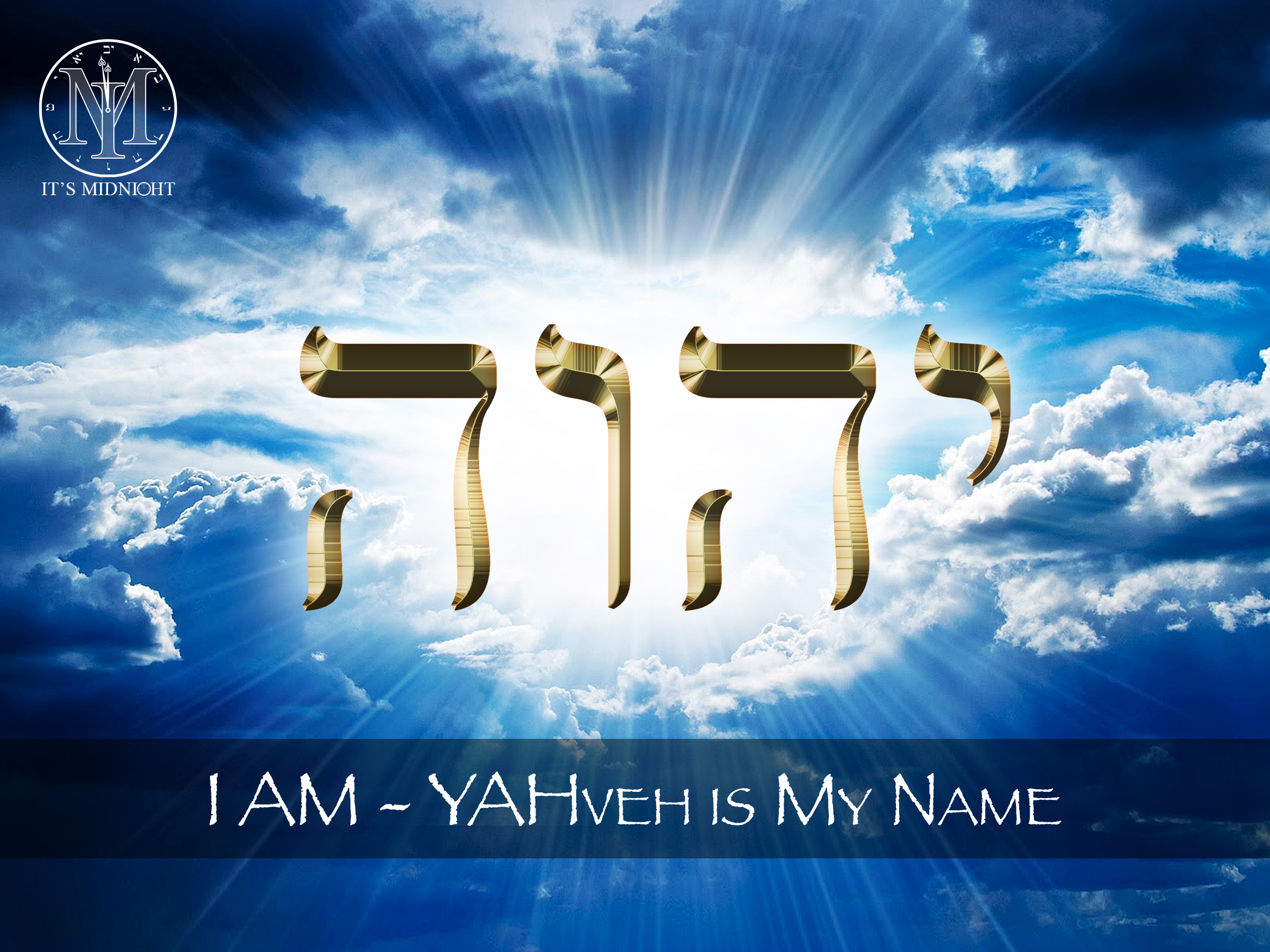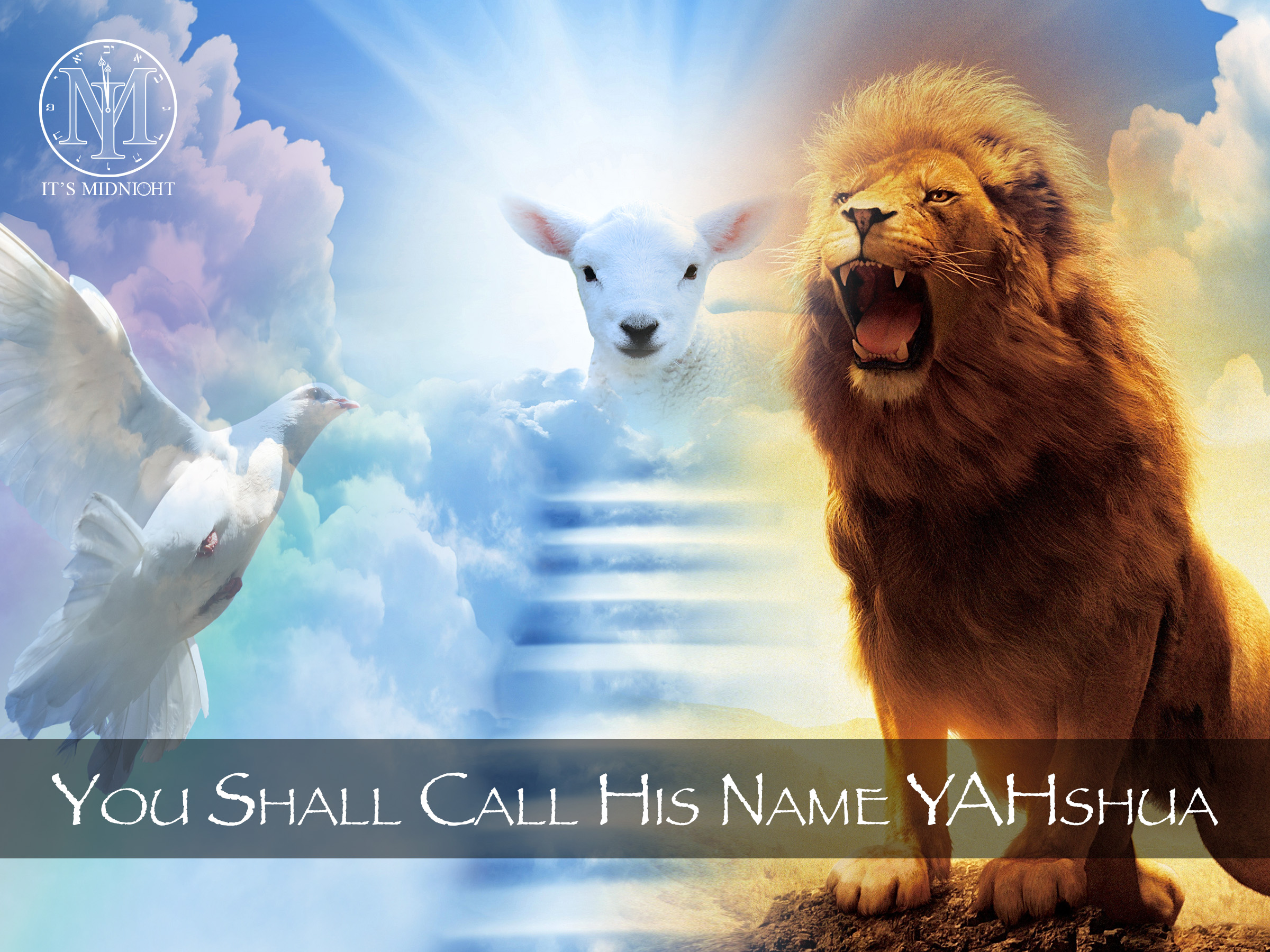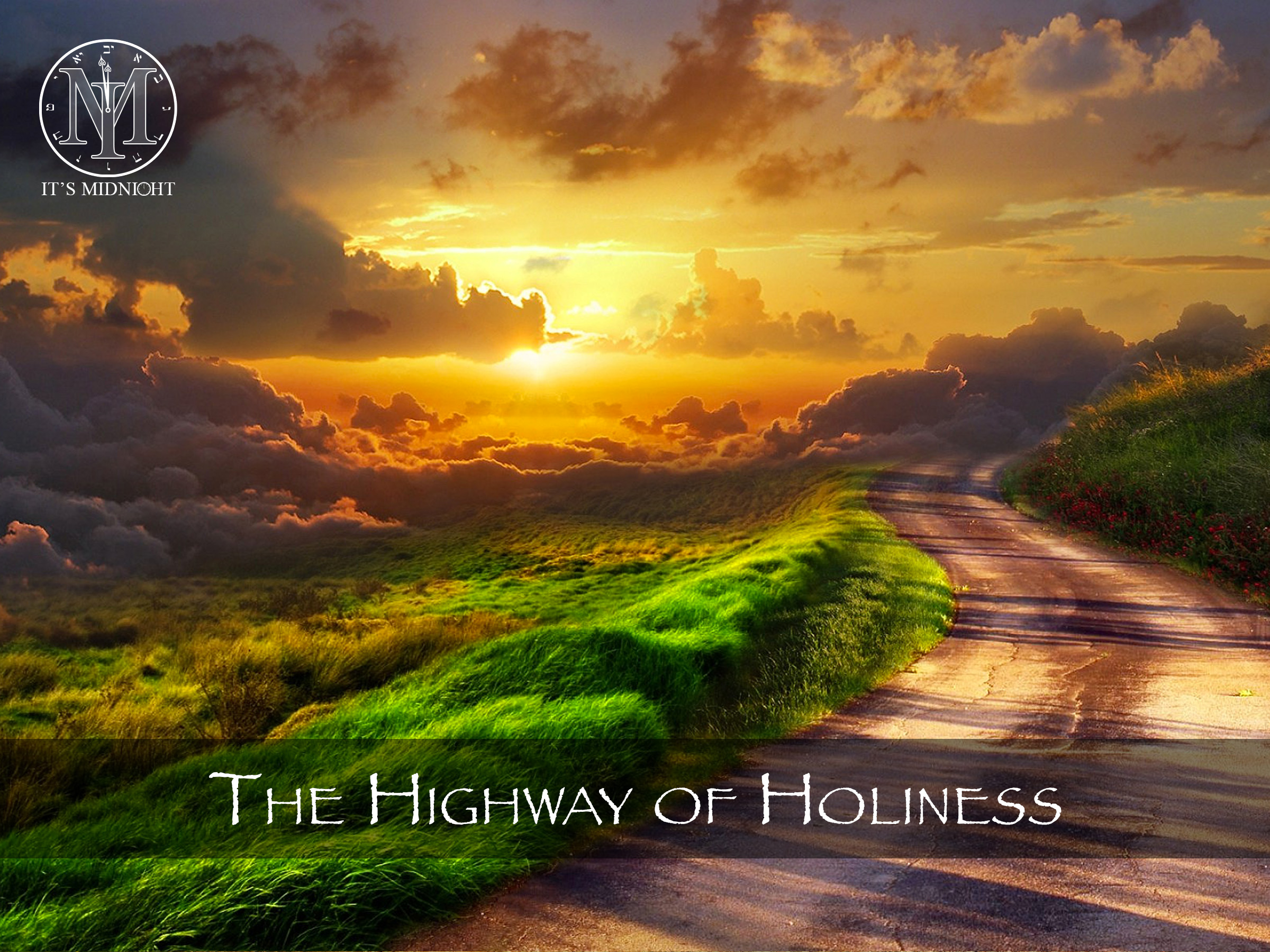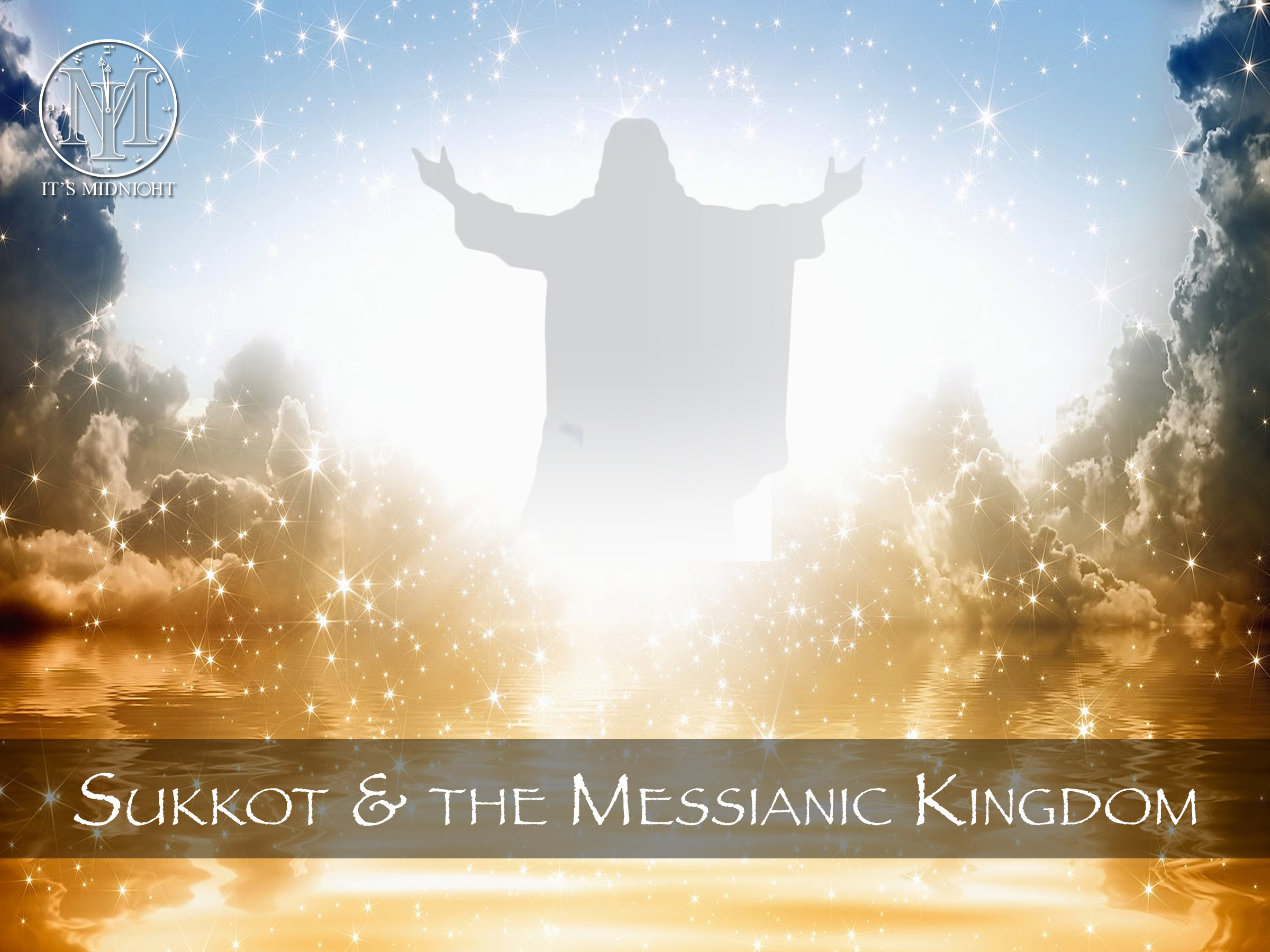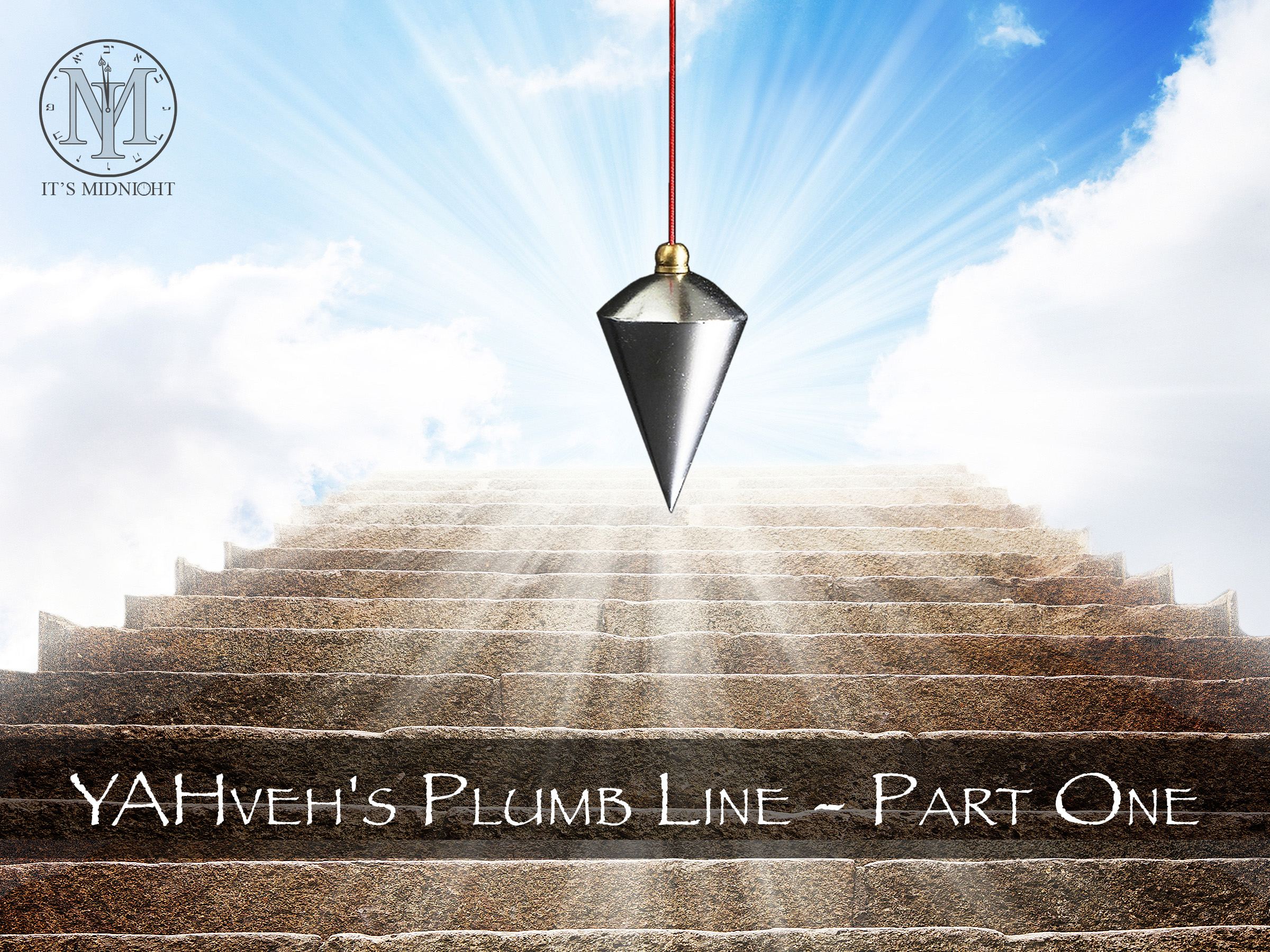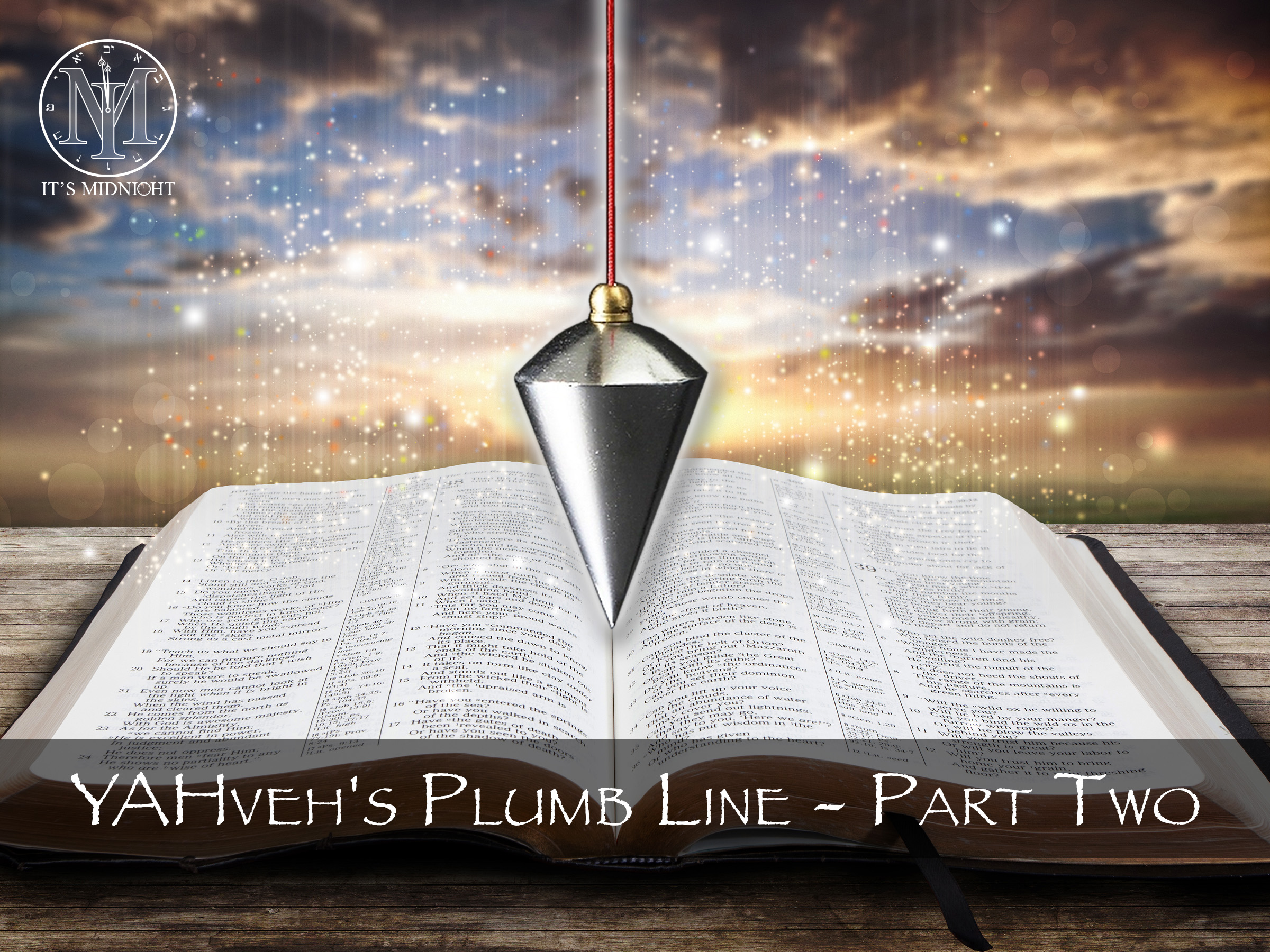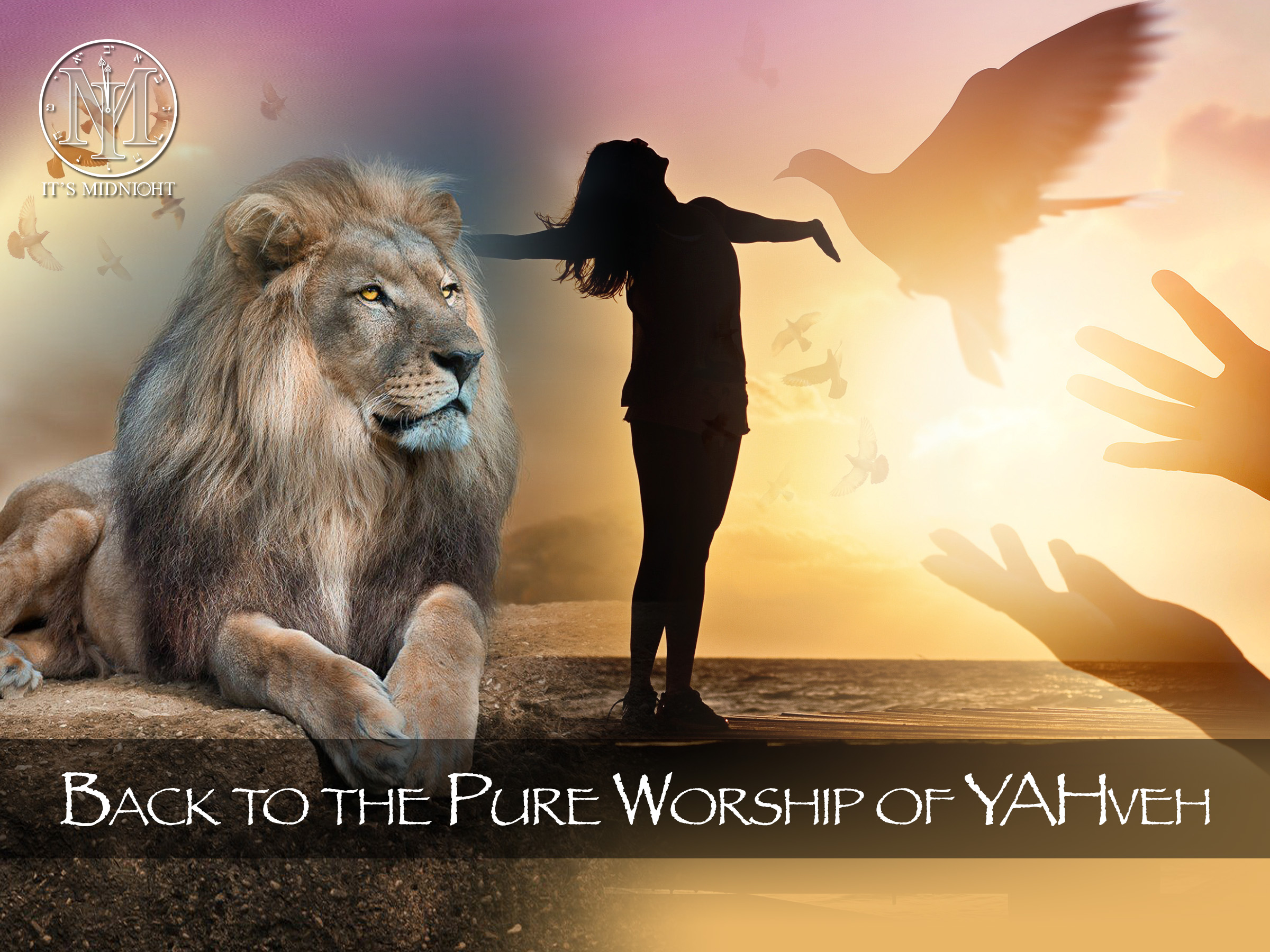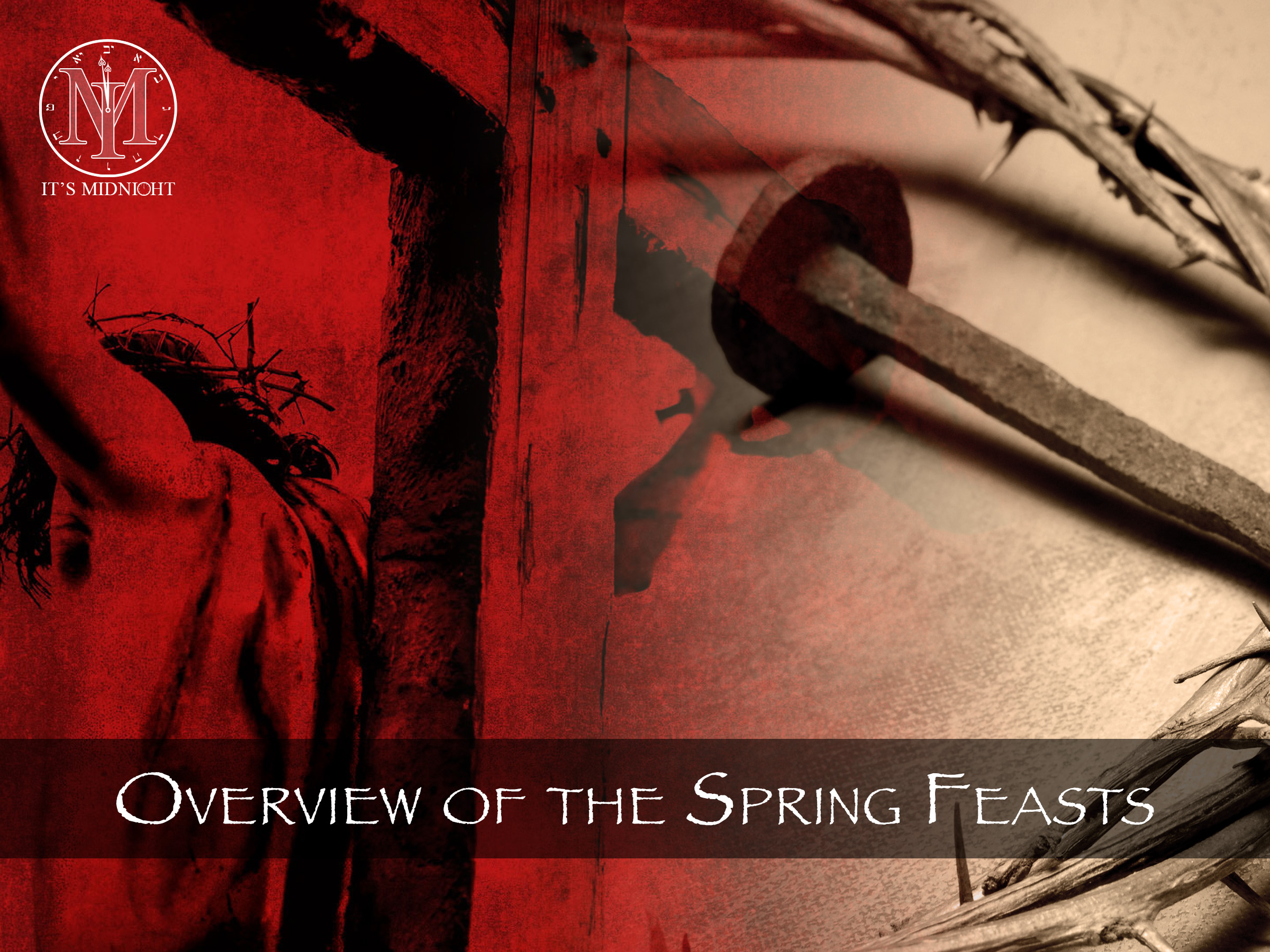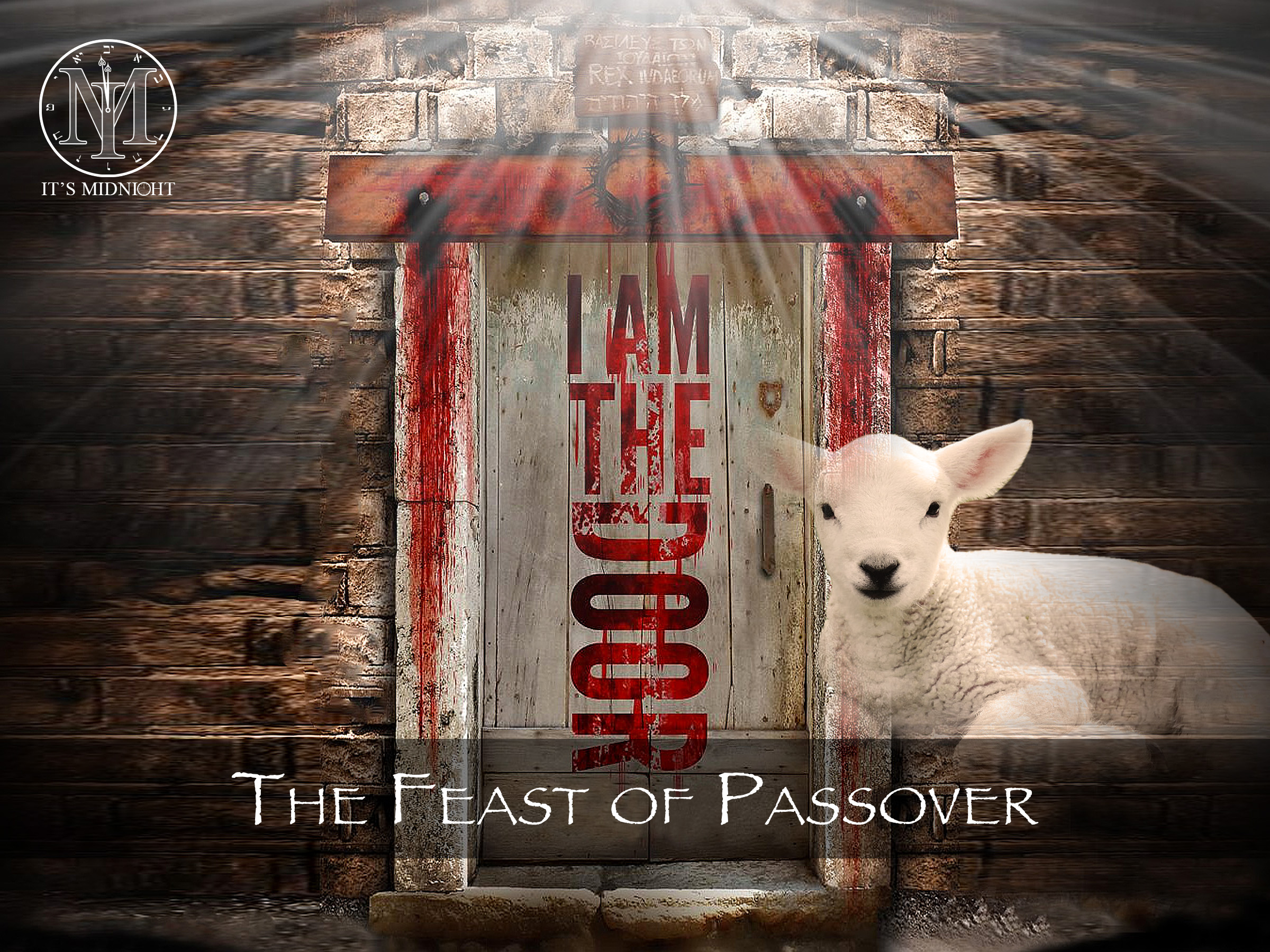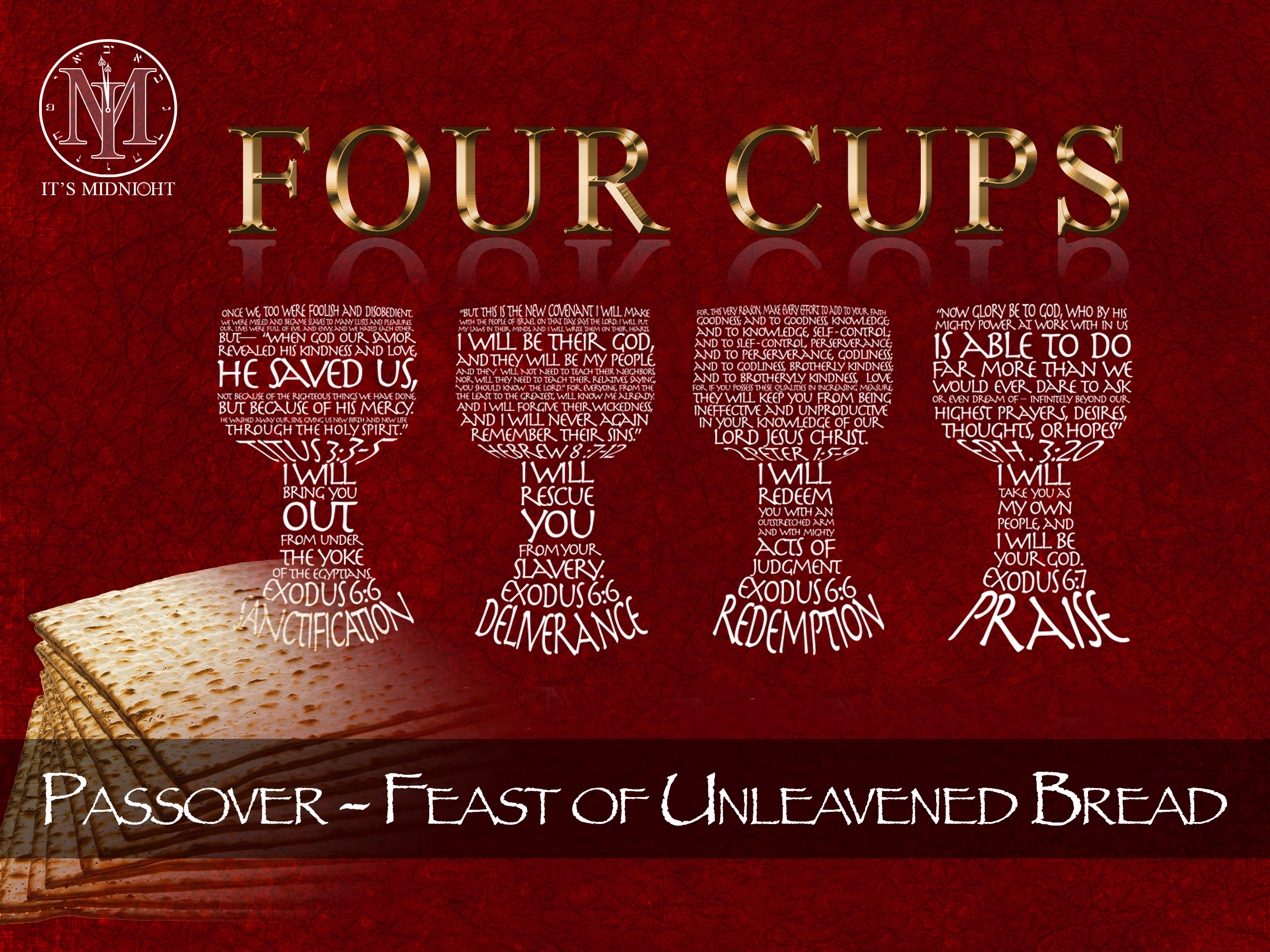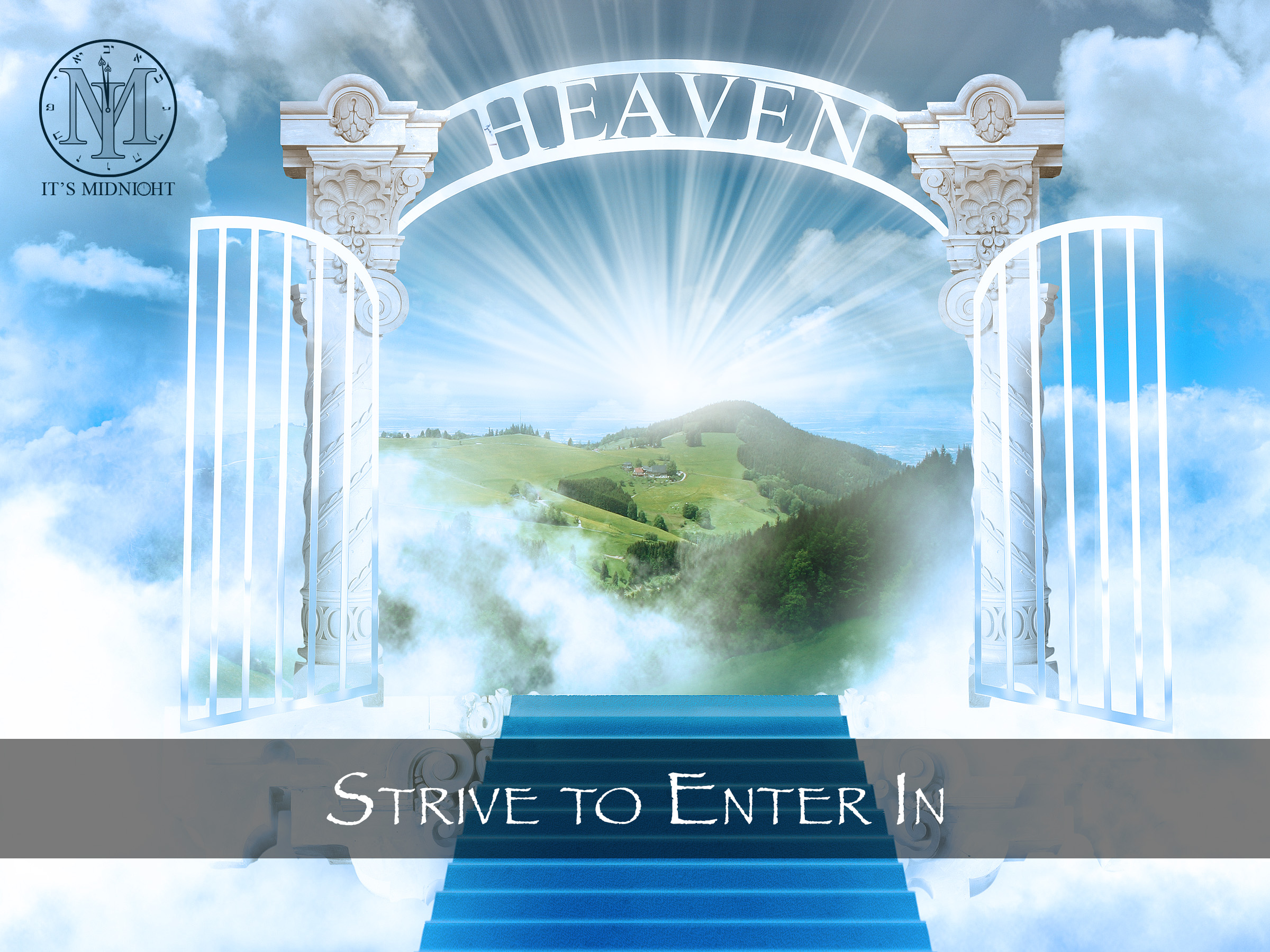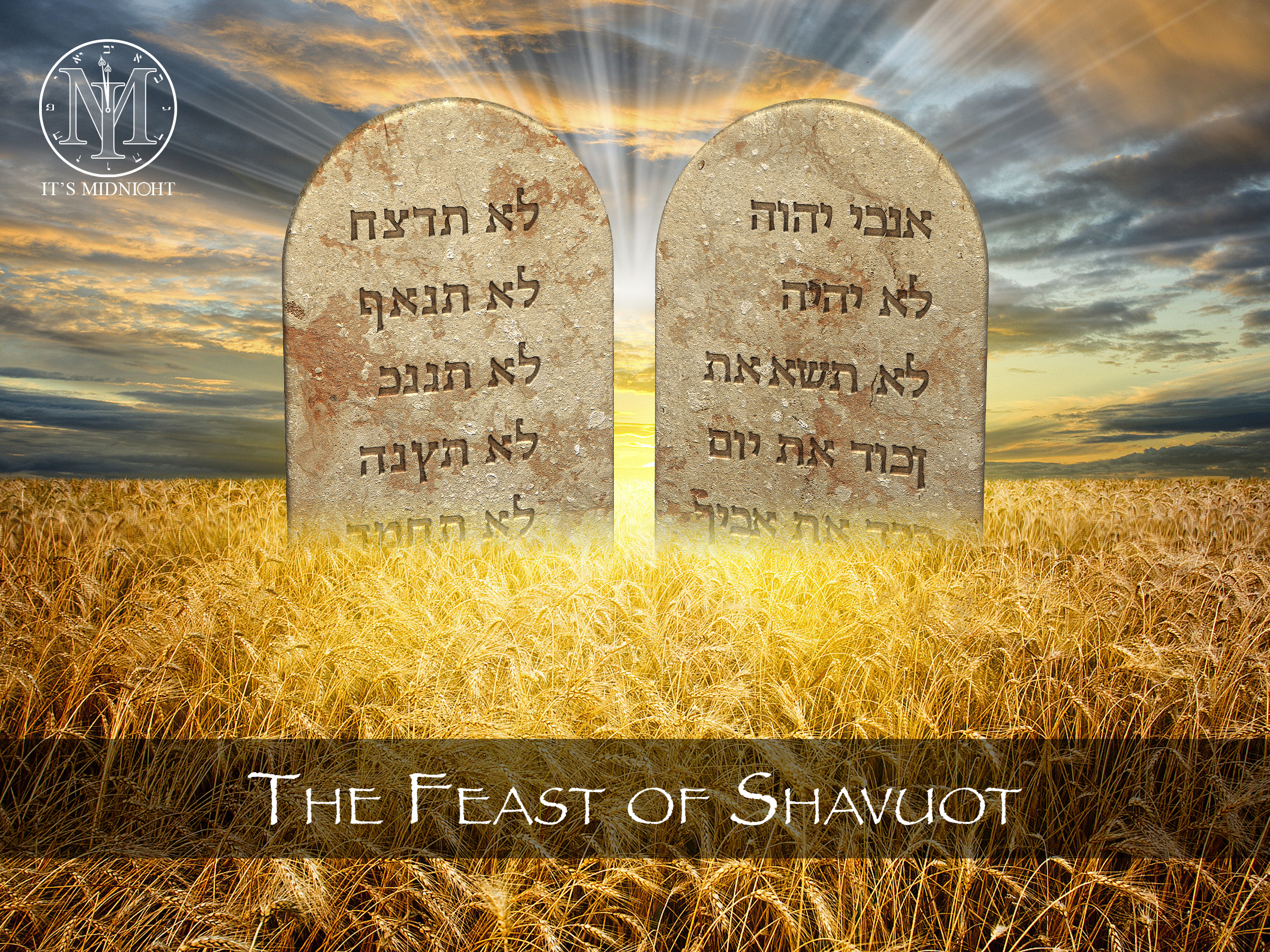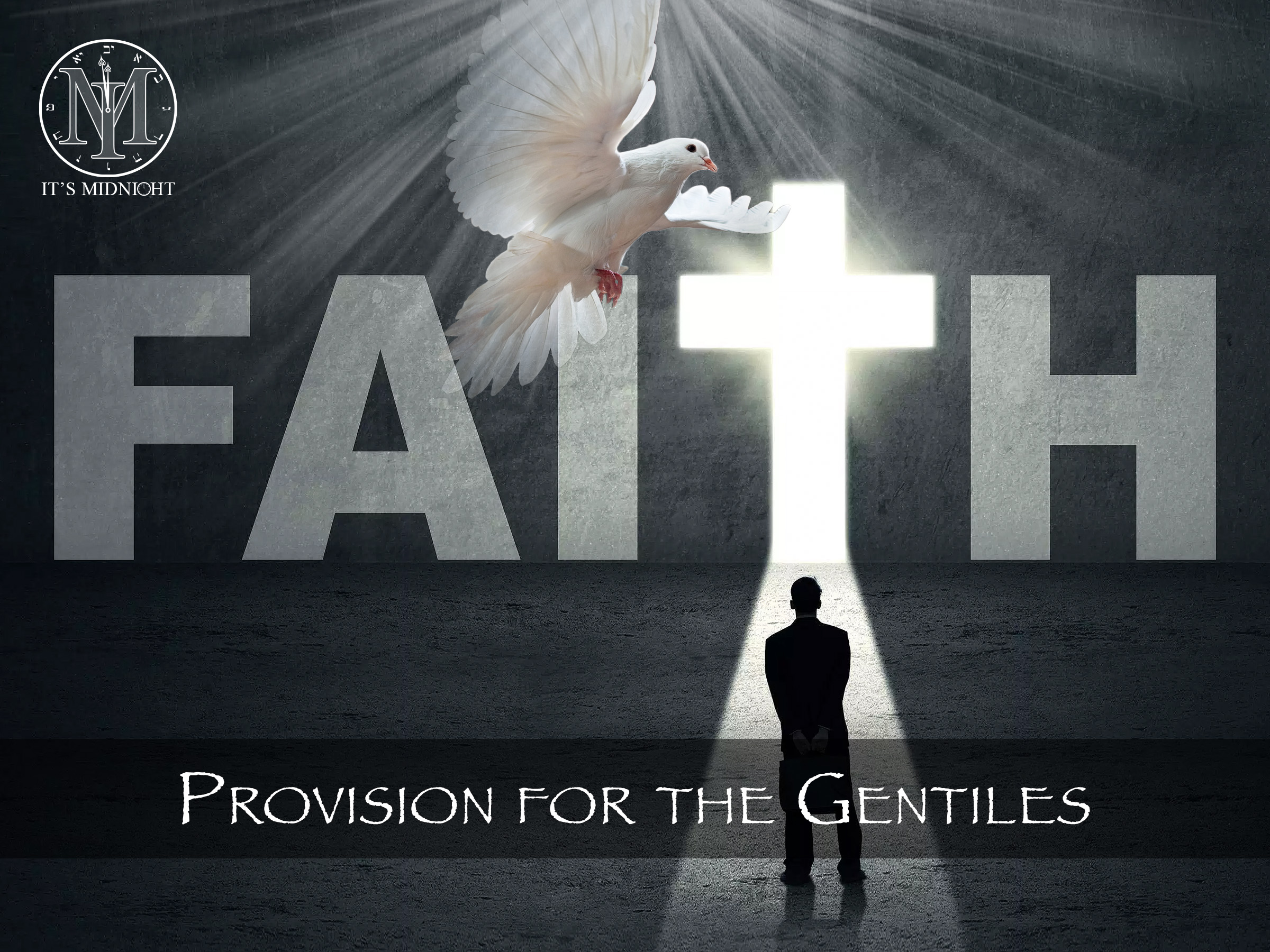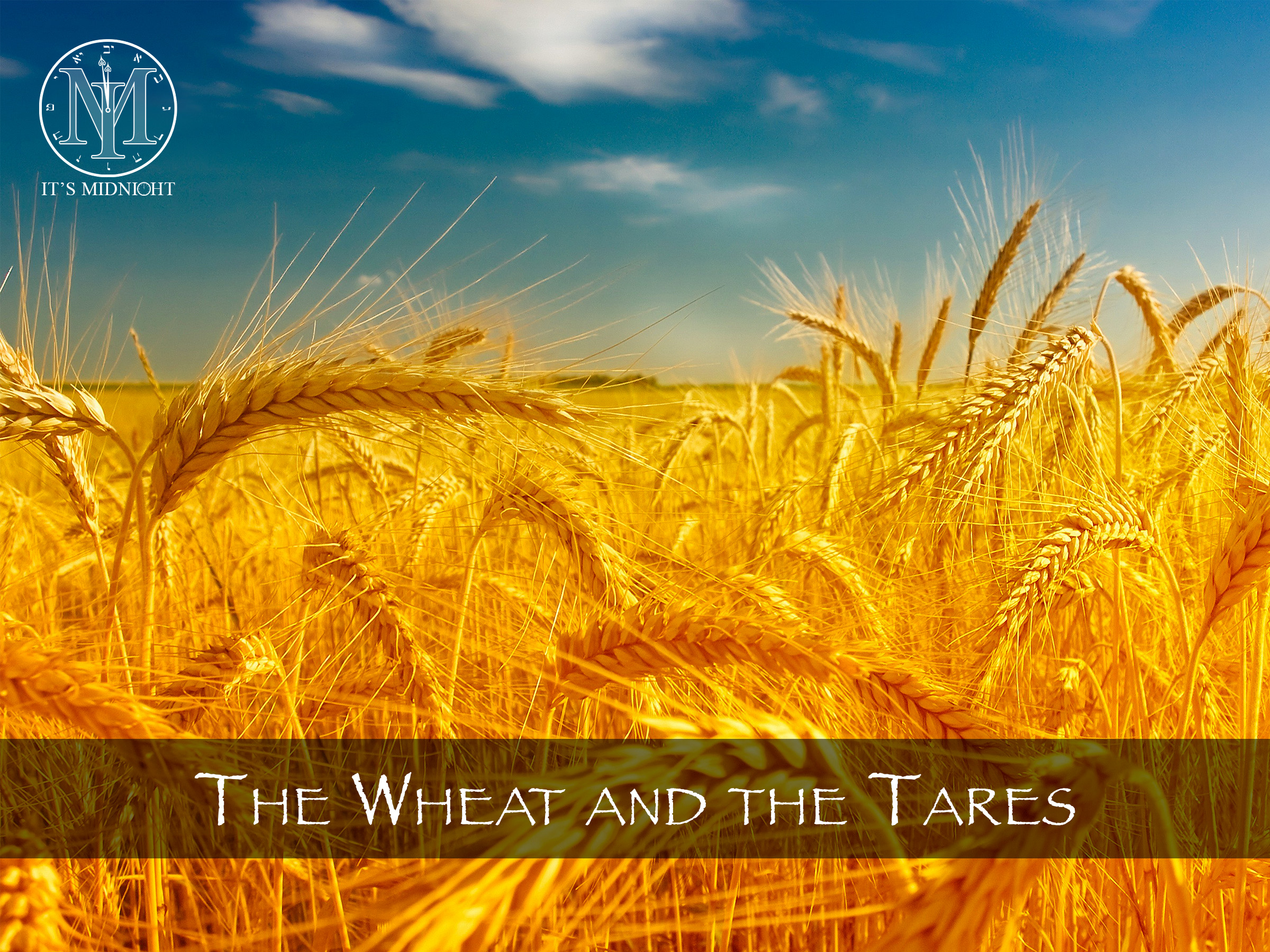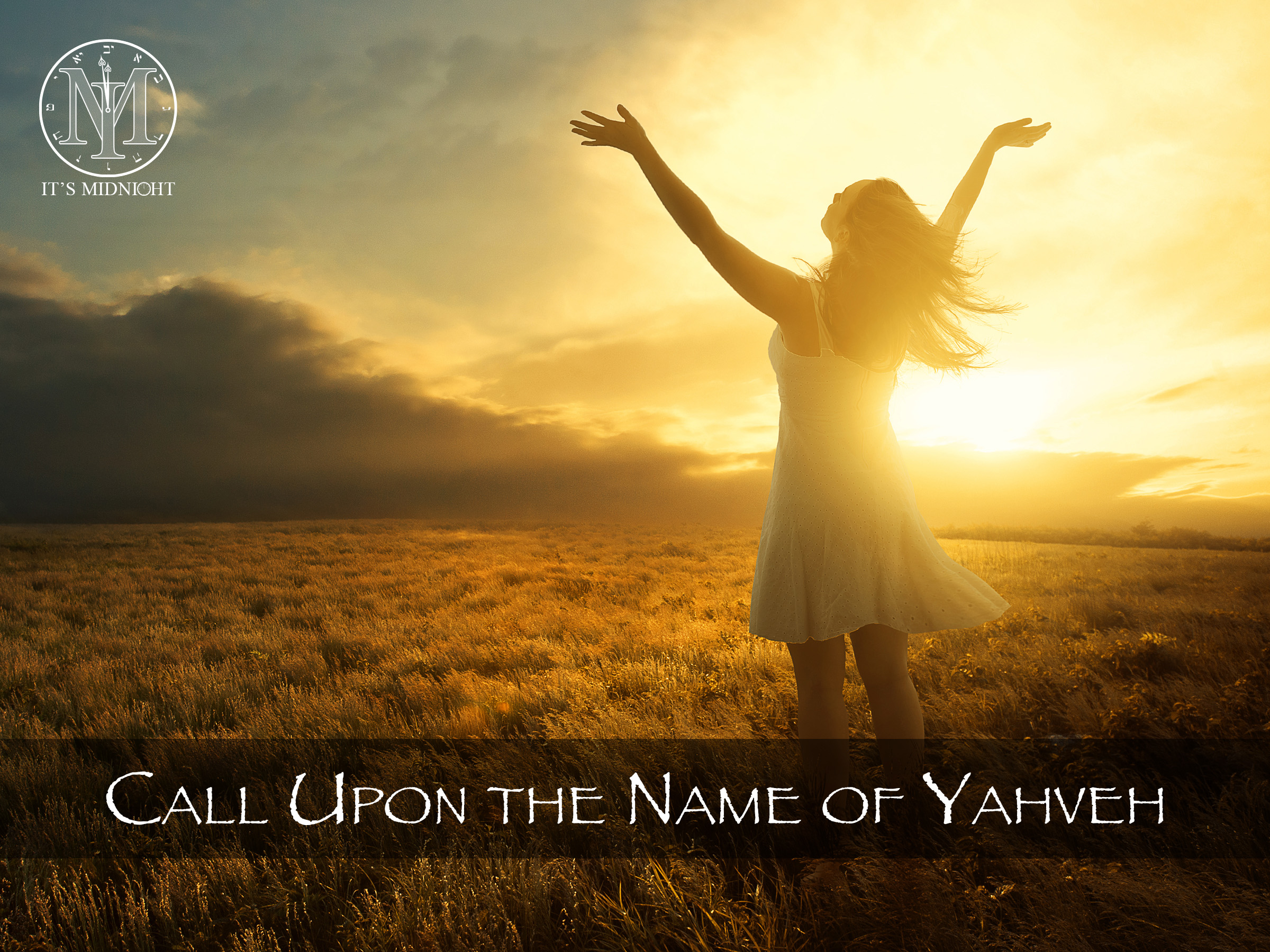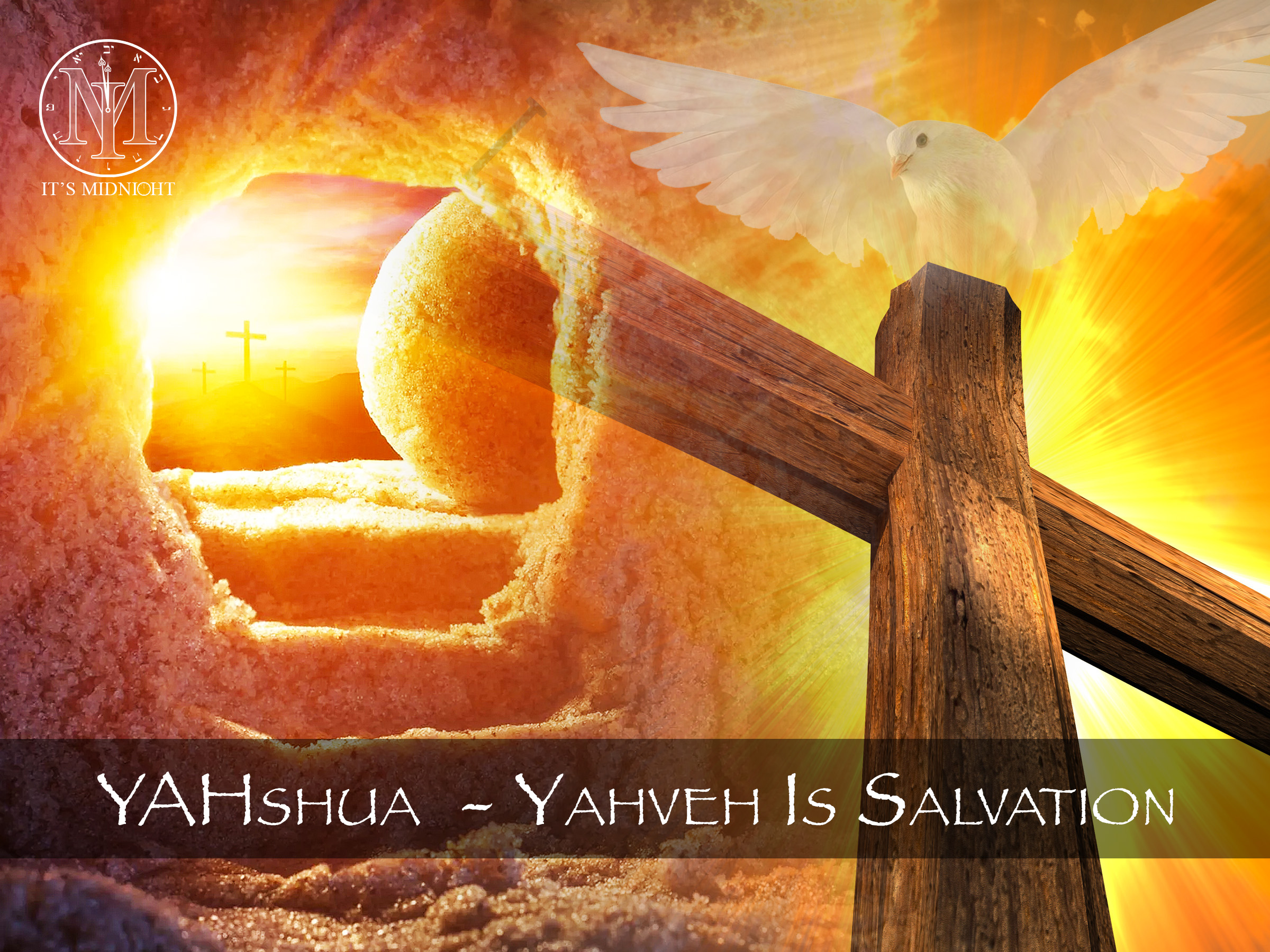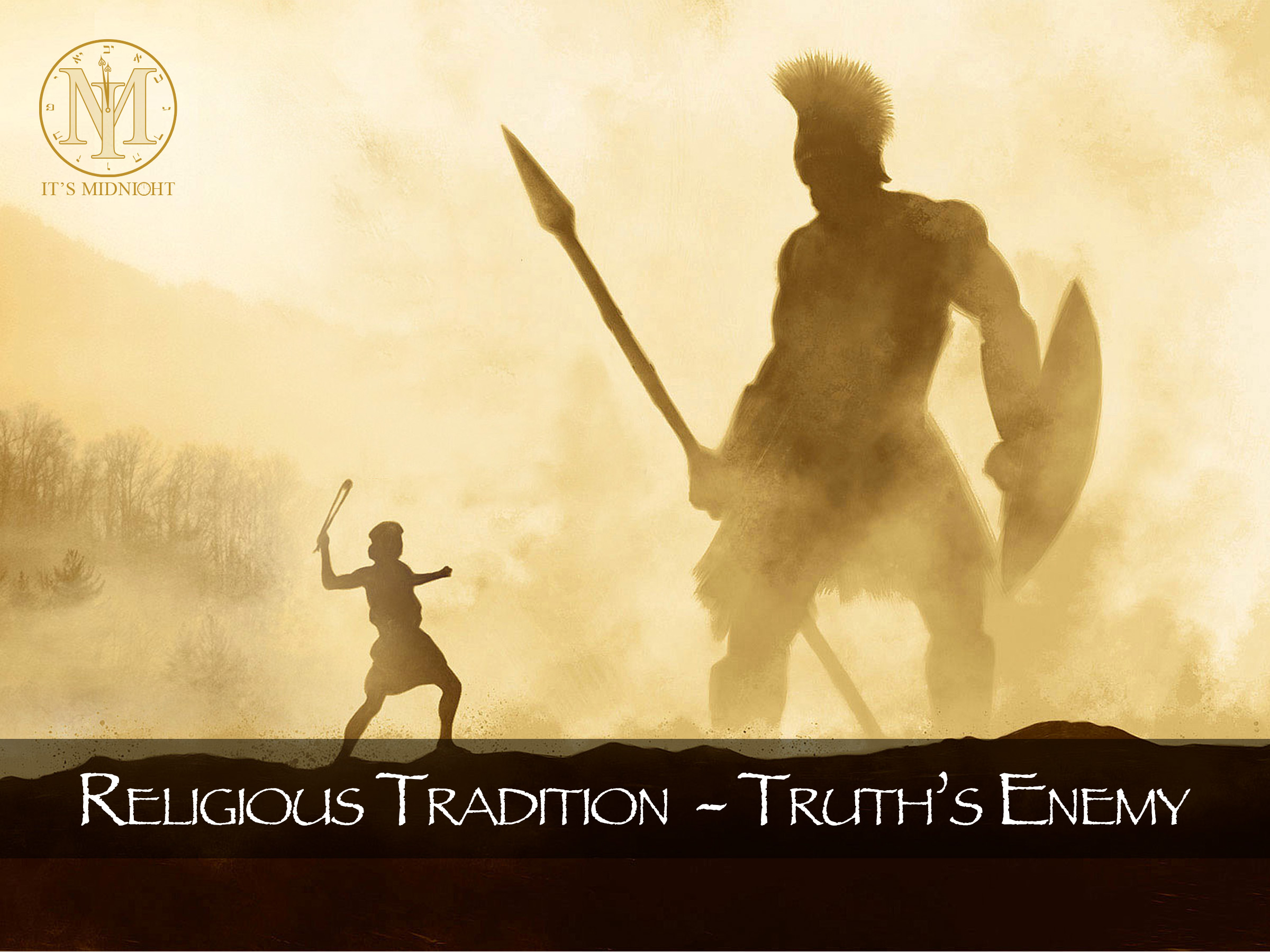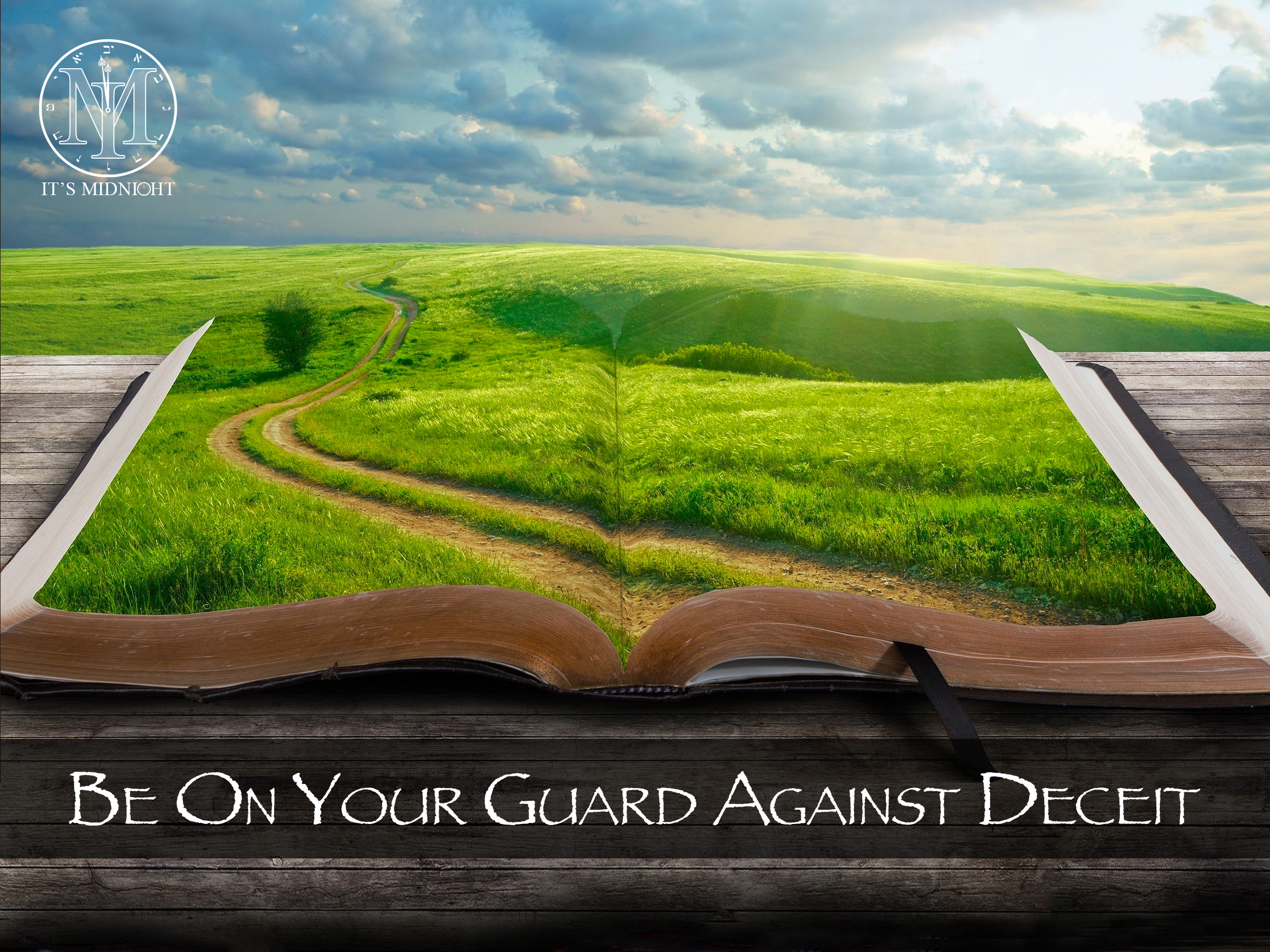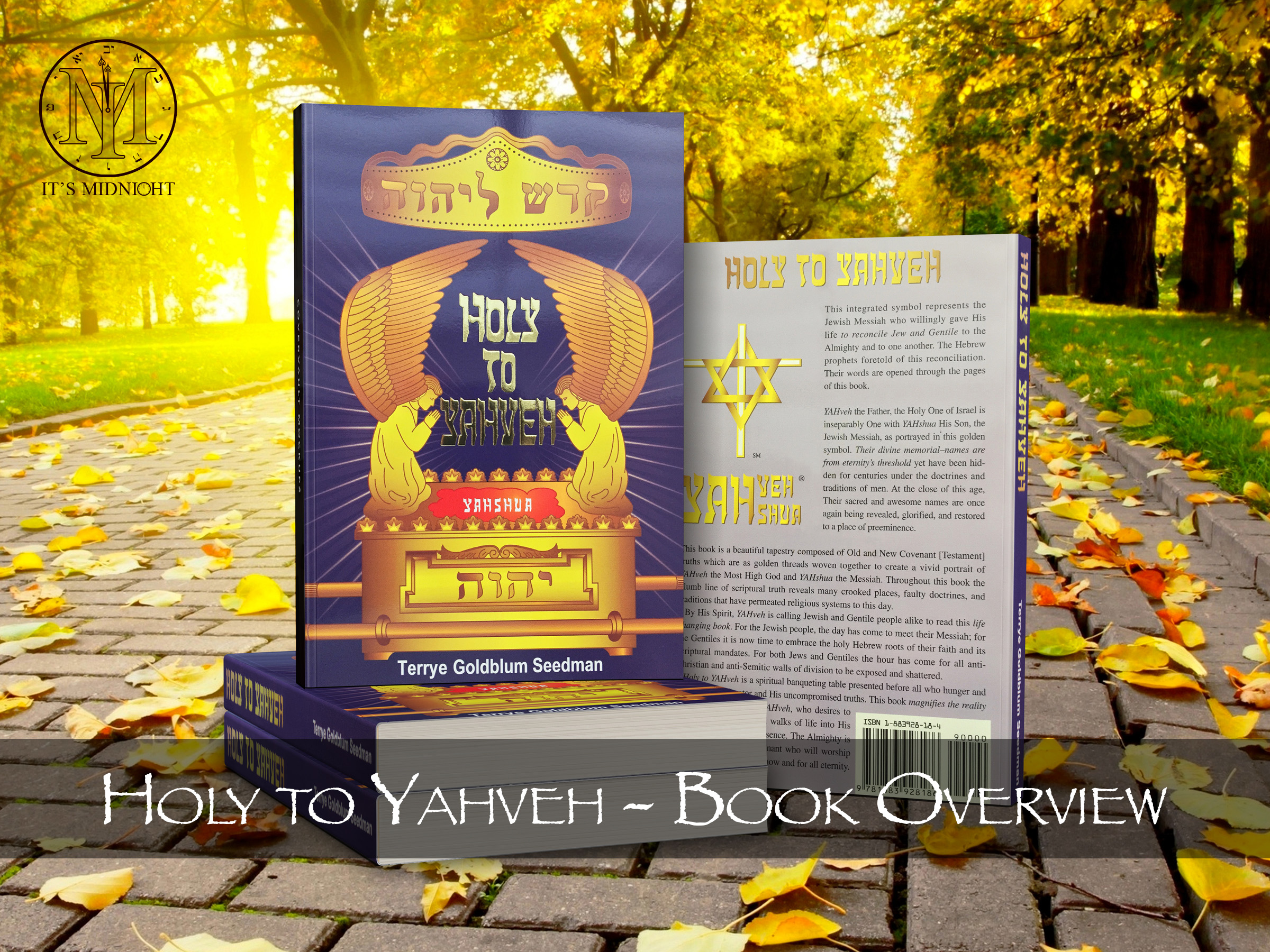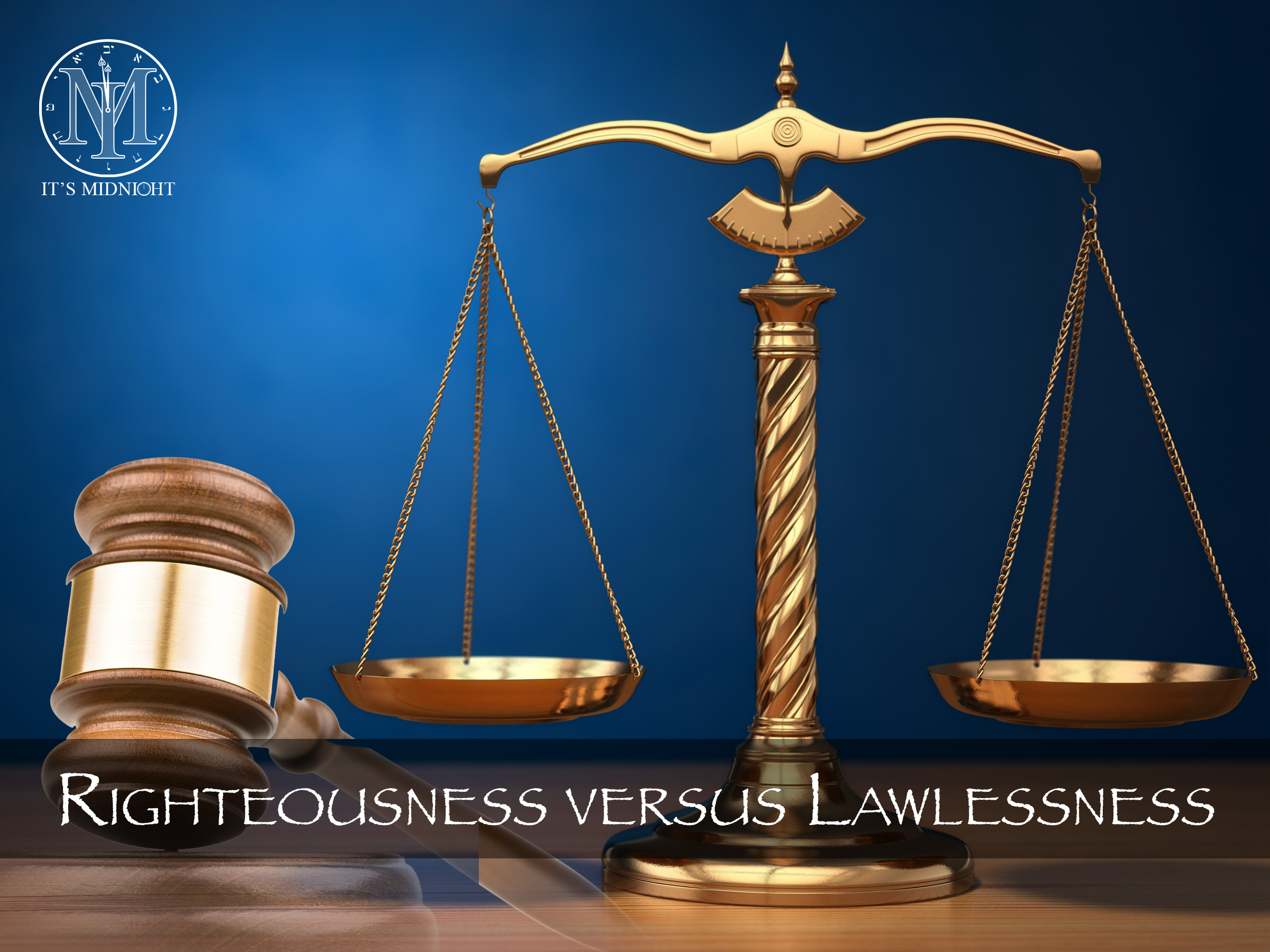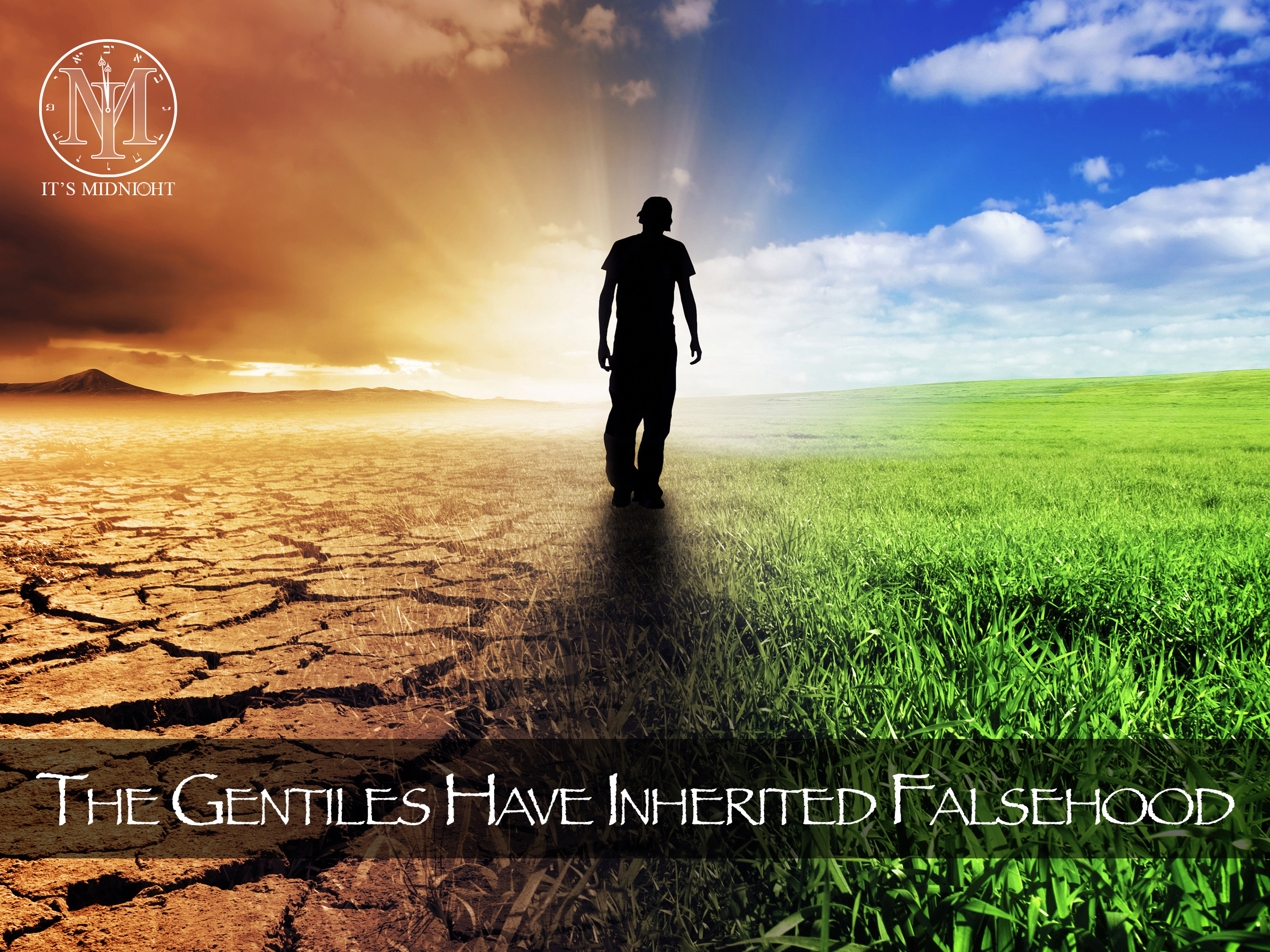Redefining the Feasts
- Redefining the Feasts of ISrael Through the Ten Commandments -
Books
Overview
Redefining the FEasts of Israel
+ Click to Enlarge
The Ten Commandments Define Sin
Without the Ten Commandments there would be no distinction between a heathen and one who is part of the commonwealth of Israel who was YAHveh’s chosen possession. Israel was to be a witness to the world that YAHveh (the LORD) is the one true living Elohim (God) by the fact that He was with them and gave them such glorious Commandments to live by. The Commandments are what define sin and until the Commandments were given there was no knowledge of what YAHveh’s plumb line of righteousness was. When YAHveh (the LORD), in mercy, came down to earth at Mount Sinai, He manifested His glory to Israel. He gave them the Ten Commandments, statutes and laws, by which to live as children of the Most High King of the universe who created heaven and earth. YAHveh became the Holy One of Israel, and Israel was betrothed to her God at Mount Sinai. Israel’s part in that betrothal: “All that YAHveh has spoken we will do!” (Exodus 19:8). When Israel said she would obey everything YAHveh had said, He proclaimed to her the blessings for obedience and the curses for disobedience (Deuteronomy Chapters 26 and 27). Israel was to be His witnesses to the earth, bringing the reality of the Ten Commandments lived in and through their humble, obedient hearts that were to be circumcised to YAHveh (the LORD). Circumcision of the heart and flesh was required for obedience to be reflected in their behavior. Then others could see their blessings and desire to live in the way YAHveh had shown Israel.
The Holy Feast Days Pivot Around the Ten Commandments
Table of Contents | Click to Enlarge
YAHveh (the LORD) also gave Holy Feast Days to Israel so that her sins would not continually separate her from Him (see Leviticus 23). His heart was to redeem them to be separated to Him. The Holy Days pivot around the Ten Commandments, these were appointed times to meet with Him that would help them to walk by His Spirit’s leading in these Commandments. The holy feasts were instituted as divine appointments by which Israel would focus on their sin nature and on a sacrifice of blood to cover their sins. YAHveh continues to work through a heart of love wanting to redeem us from “the wages of sin which is death” (Romans 6:23). This was all pointing to the ultimate sacrifice of YAHshua (Jesus) “the Lamb of God who would take away the sin of the world!” (John 1:29).
The divinely appointed times, the feast days, pivot around the blood on the altar of sacrifice—on the mercy seat, for the forgiveness of sin and sin points us back to the Commandments. Therefore every feast is exalting the Commandments of YAHveh (the LORD), exalting our Lamb who came and died because we can’t uphold the Commandments without His help. They are inextricably linked. You can’t separate the feasts from the Commandments and you cannot separate the Lamb of God who is the ultimate fulfillment of the holy temple, priesthood, and the sacrificial system’s substitutionary sacrifice for our sin nature.
There would be no feasts if it was not for the Ten Commandments and the penalty of sin for not upholding them and there would be no need of Messiah. The Ten Commandments point us to Him and YAHshua (Jesus) the schoolmaster points us to the truth so we can walk in a way worthy of everything that He has taught us to be. “Not of the letter but of the Spirit. For the letter kills, but the Spirit gives life.” (2 Corinthians 3:6) This book unlocks truths from YAHveh's divine Ten Commandments to redefine the true meaning and fulfillment of the holy Feasts of Israel.
